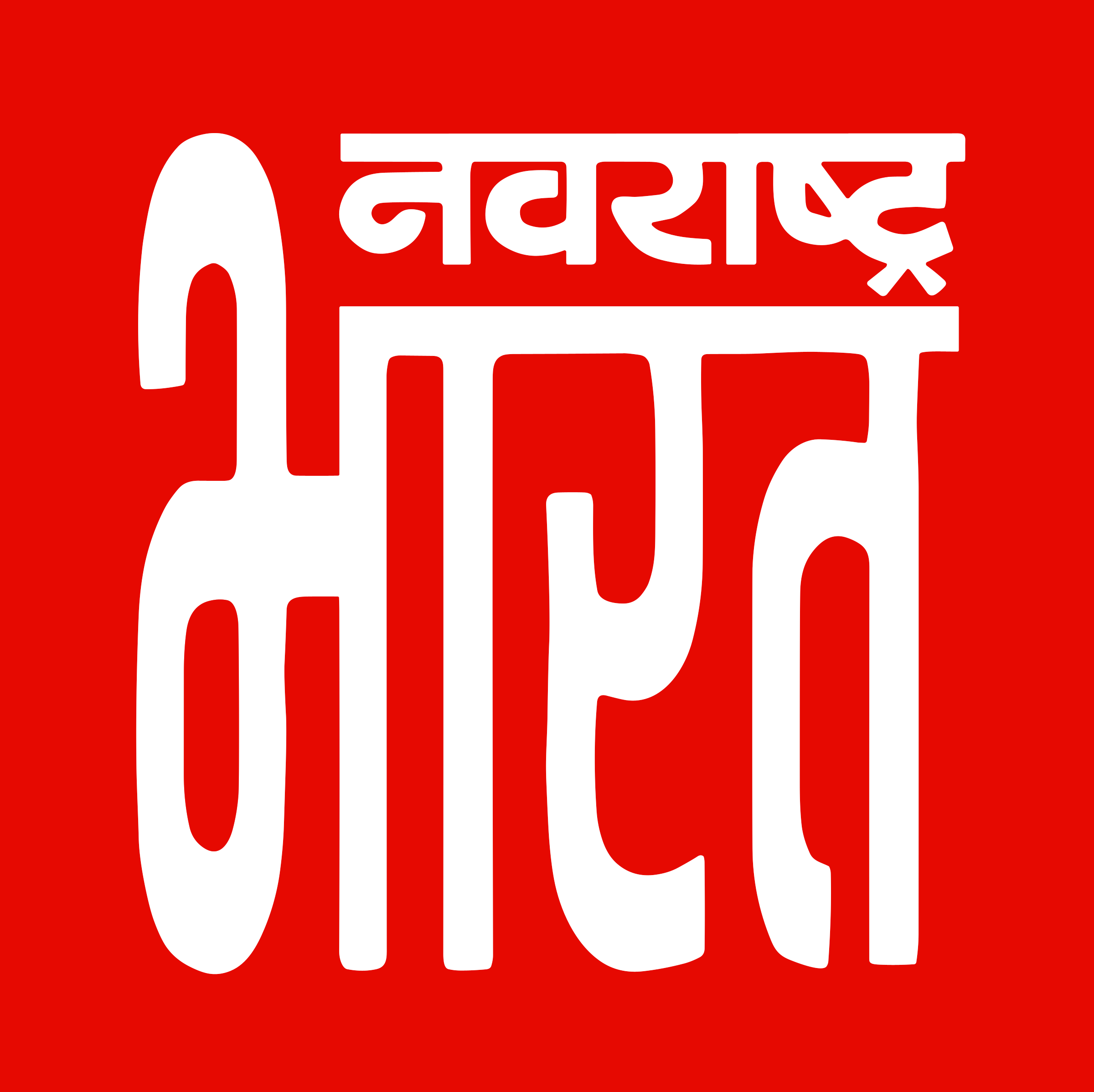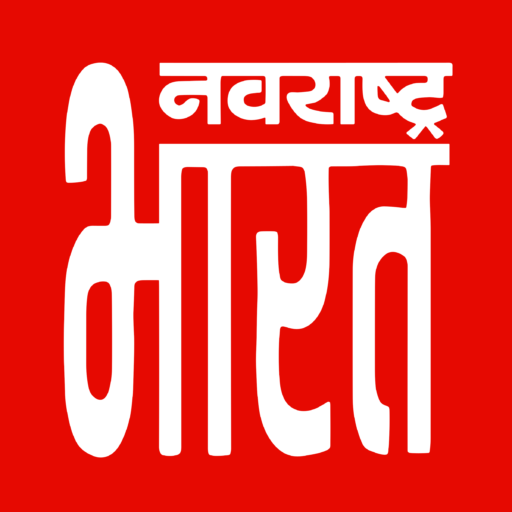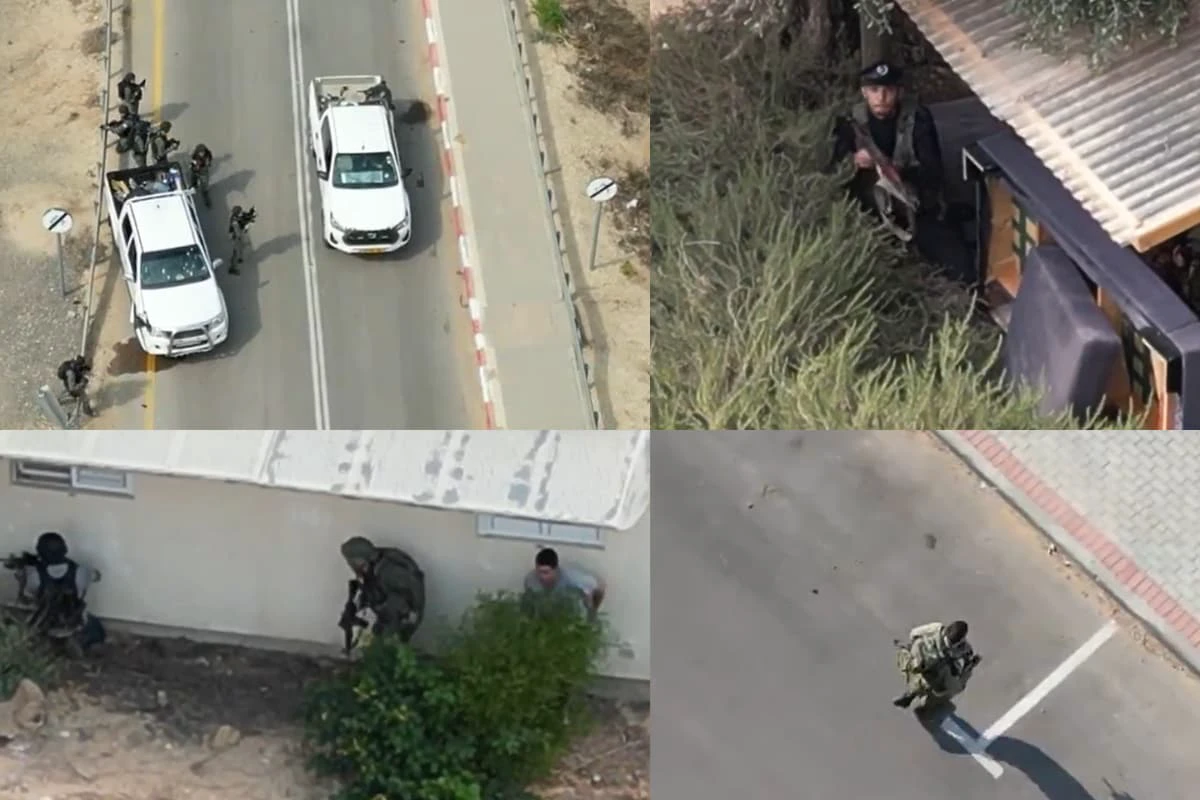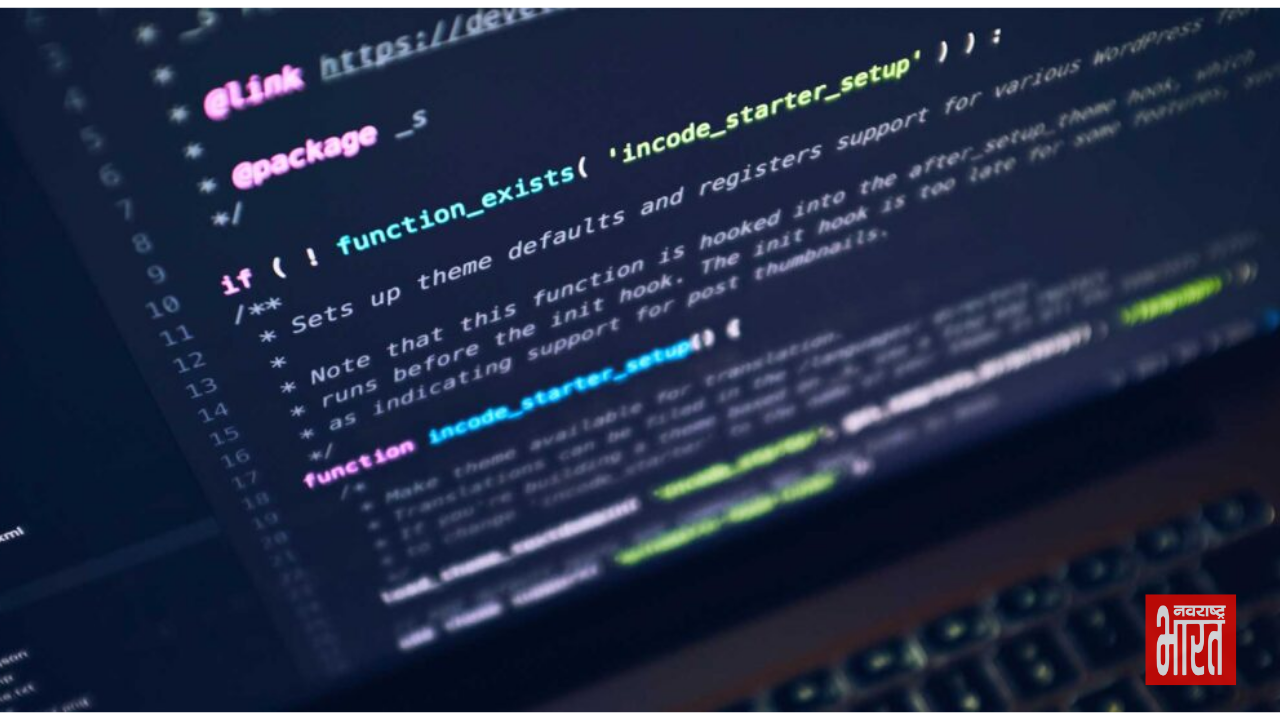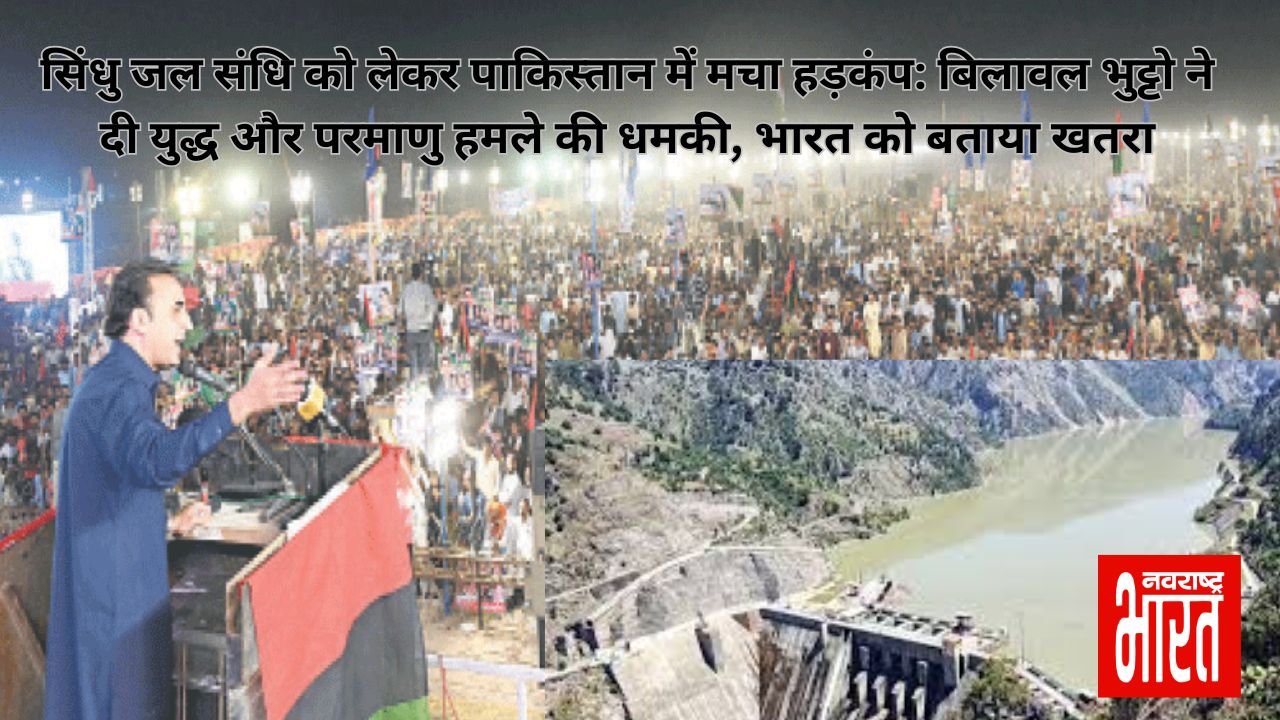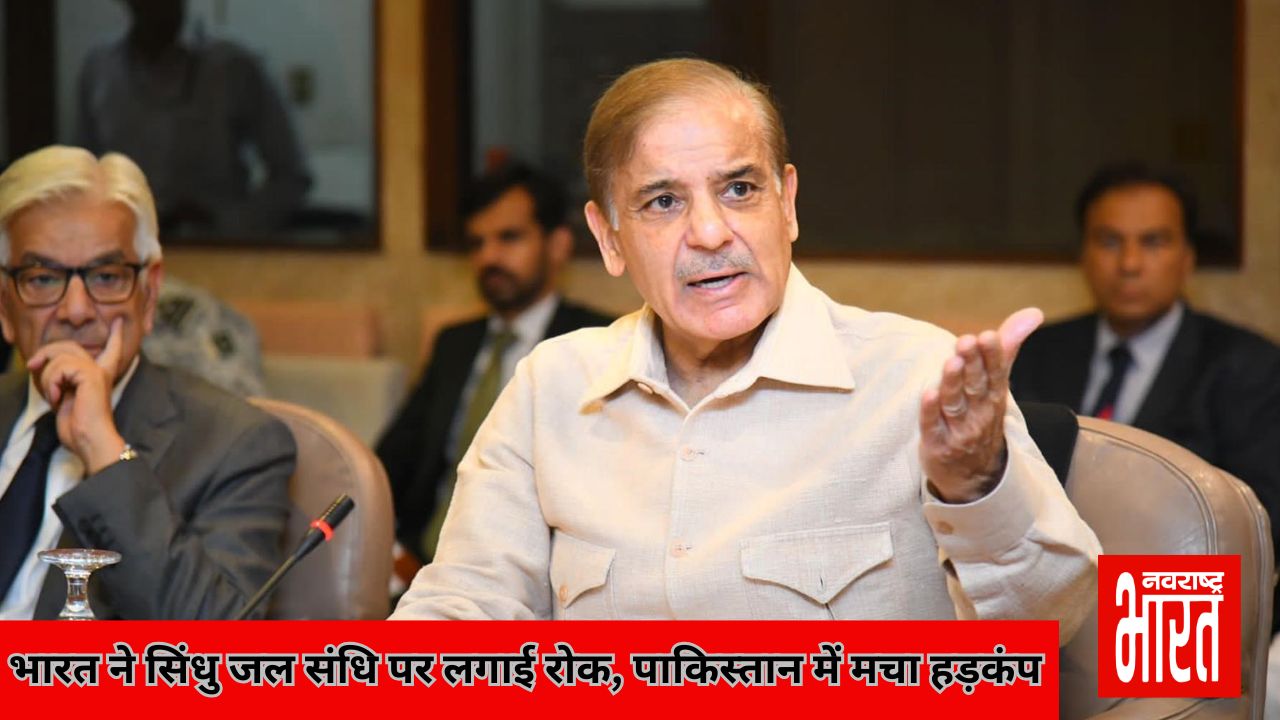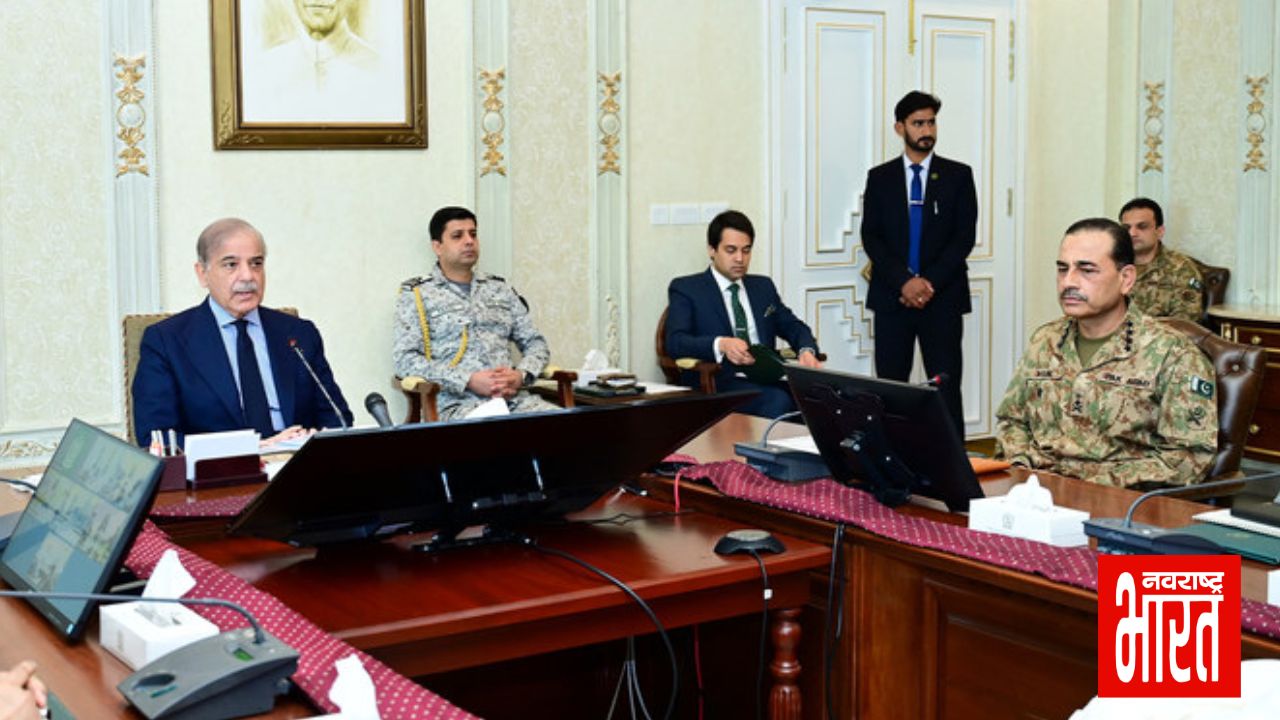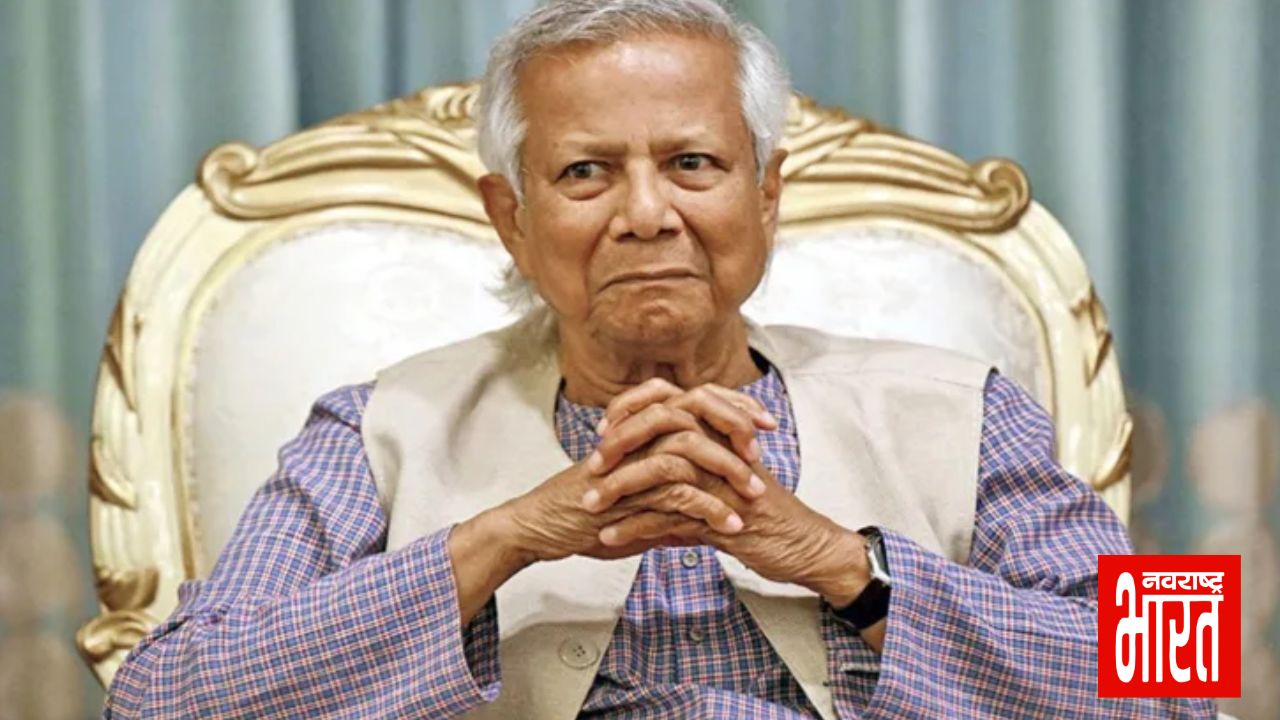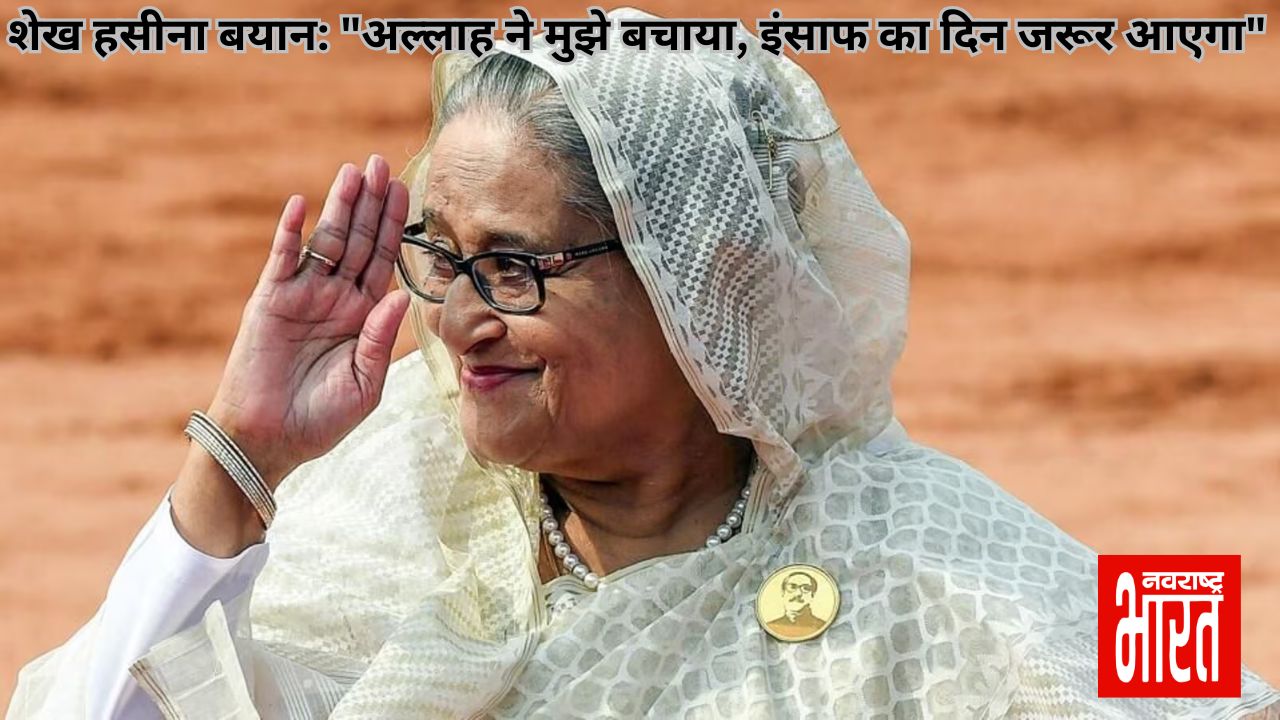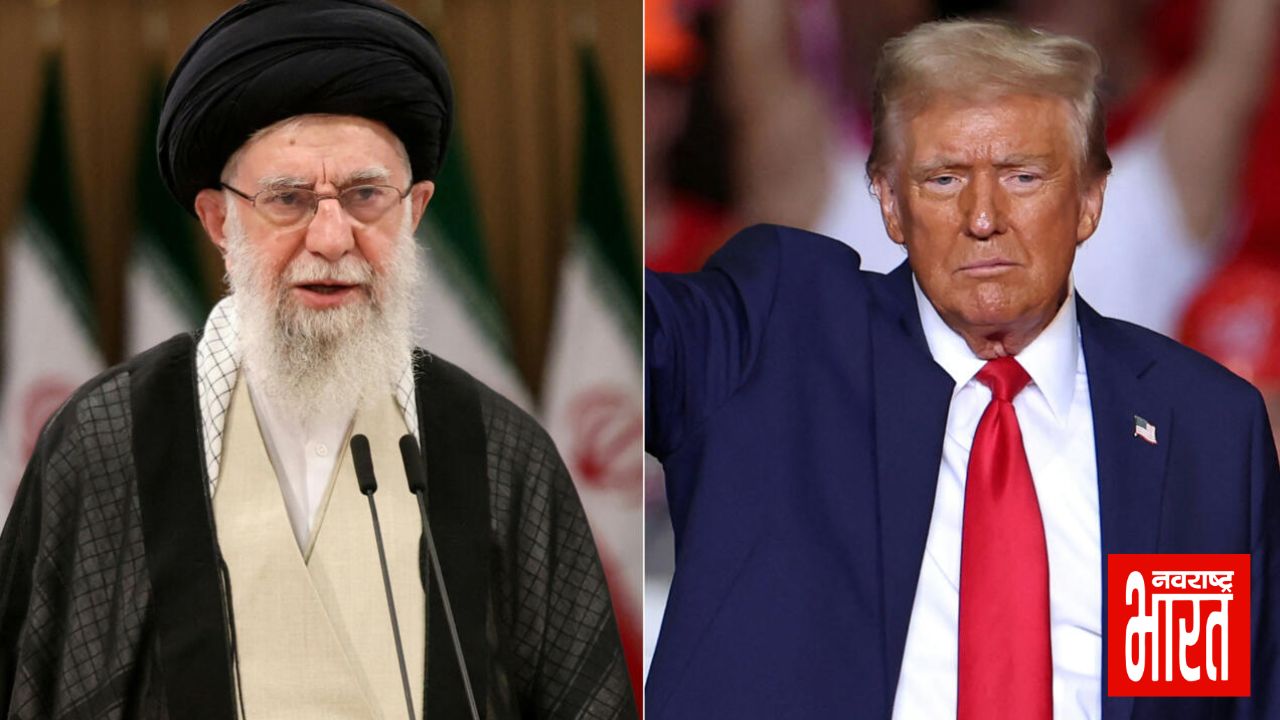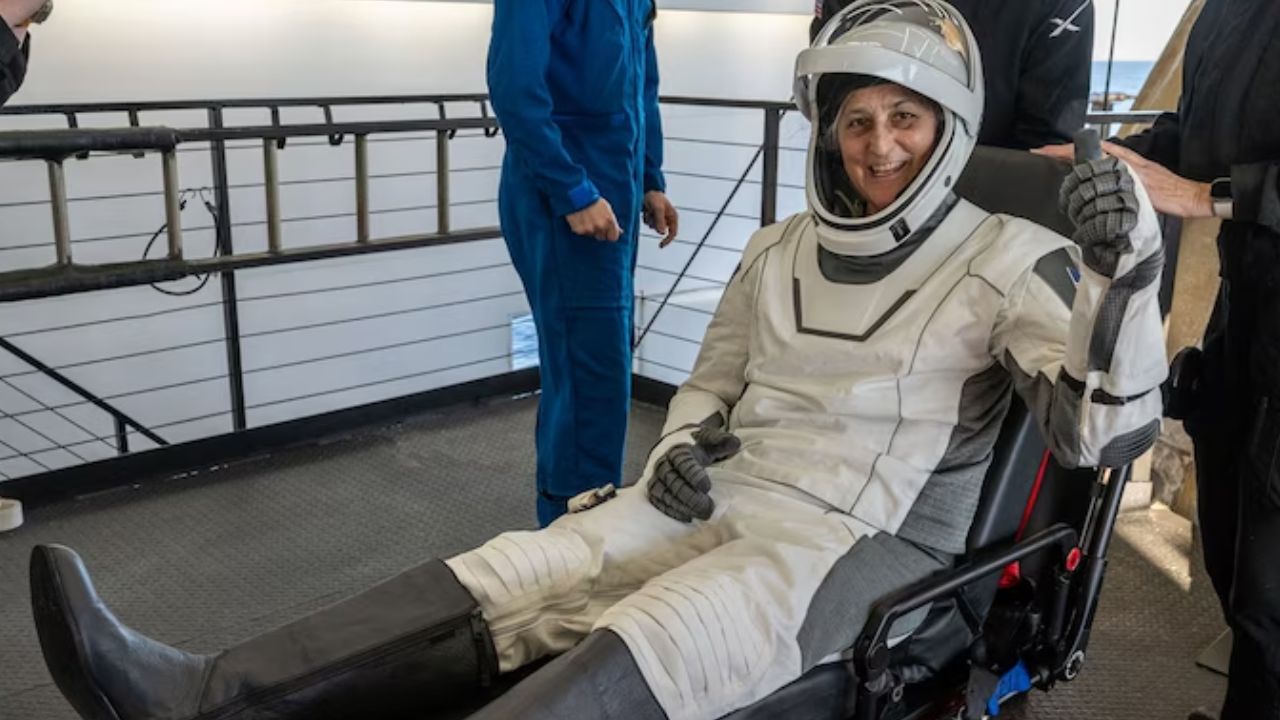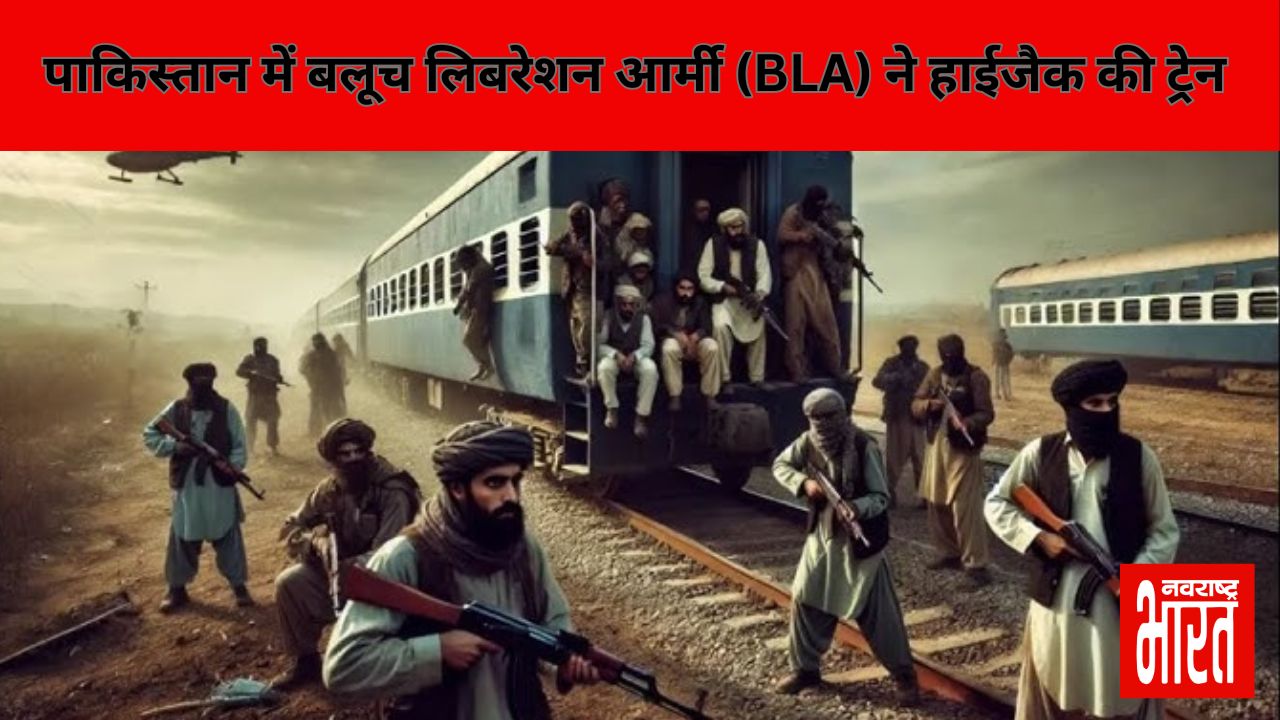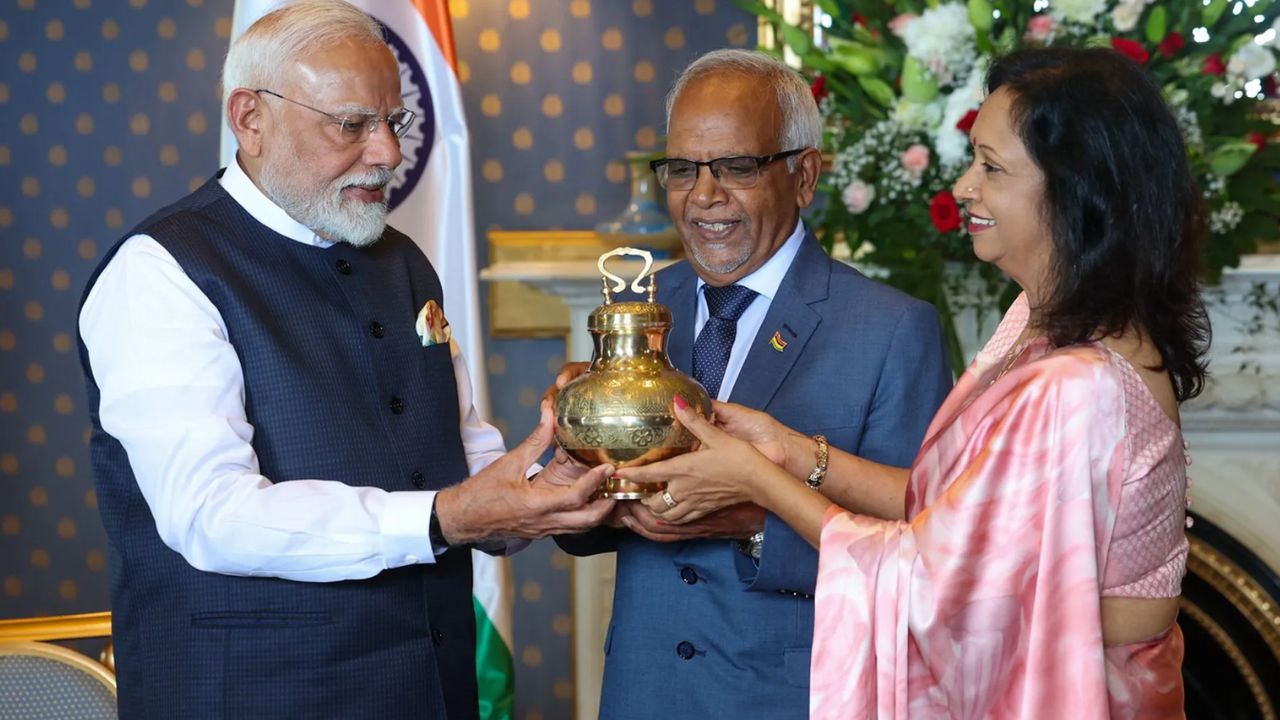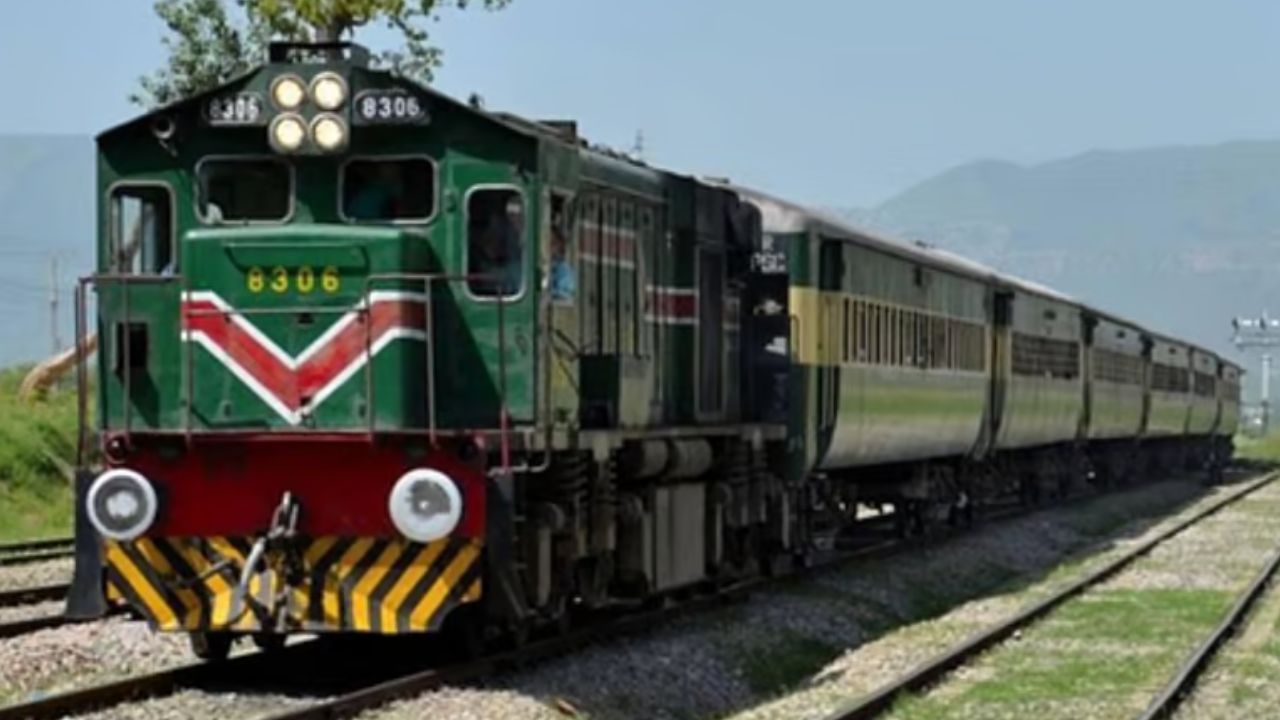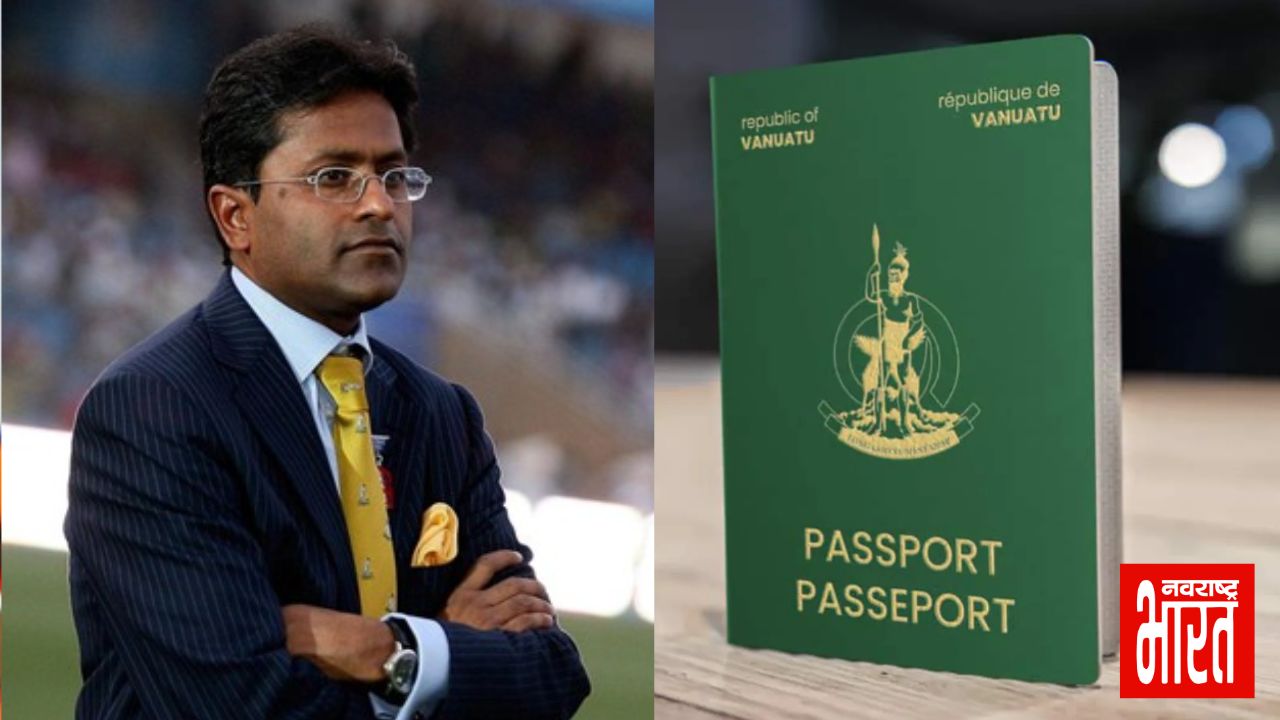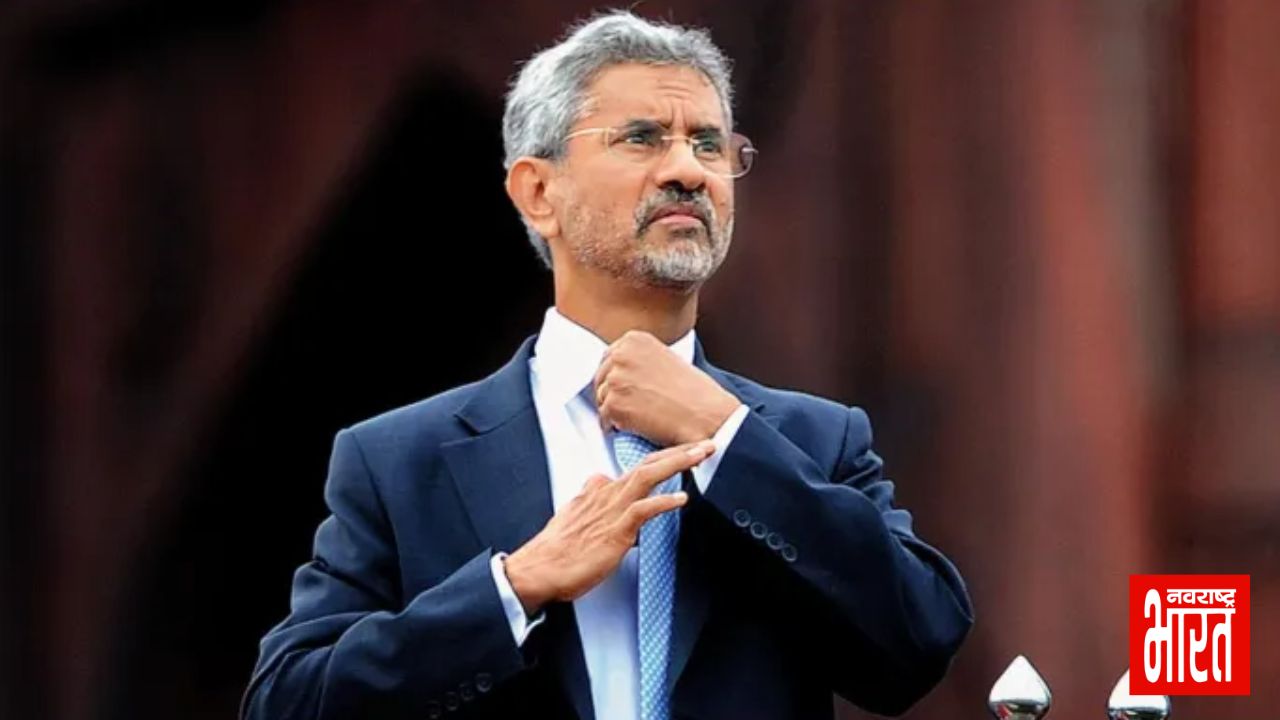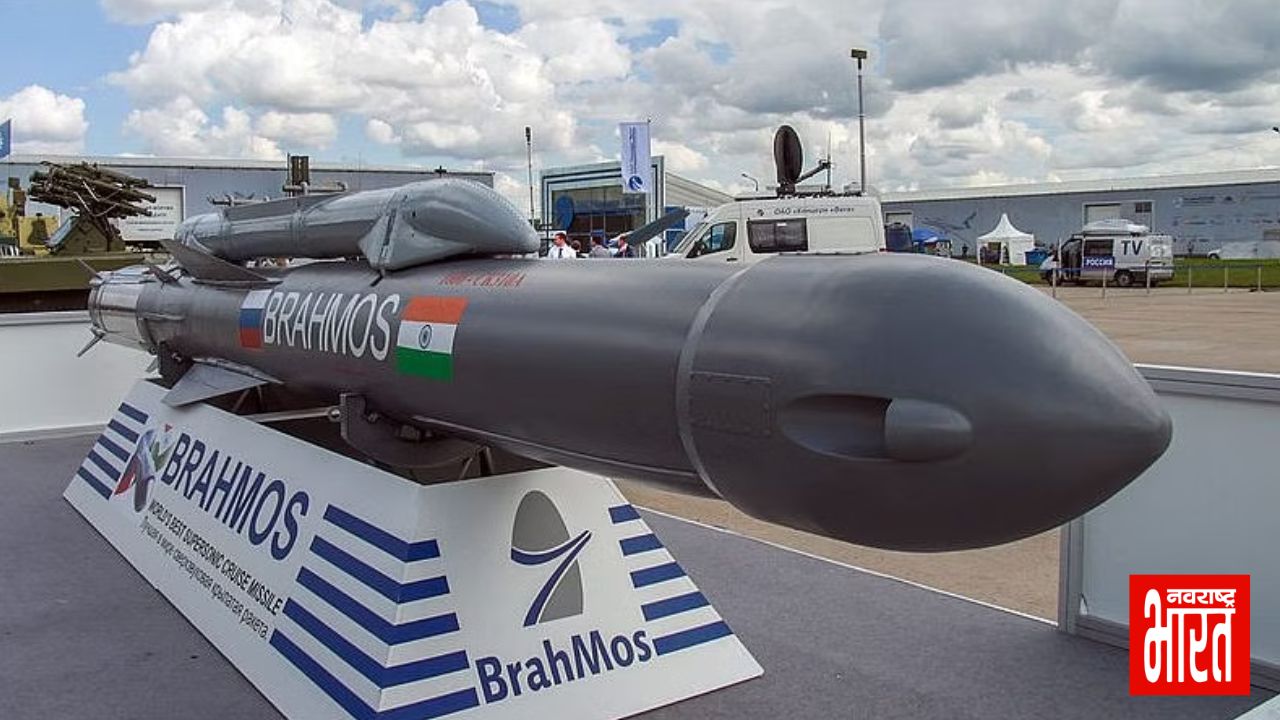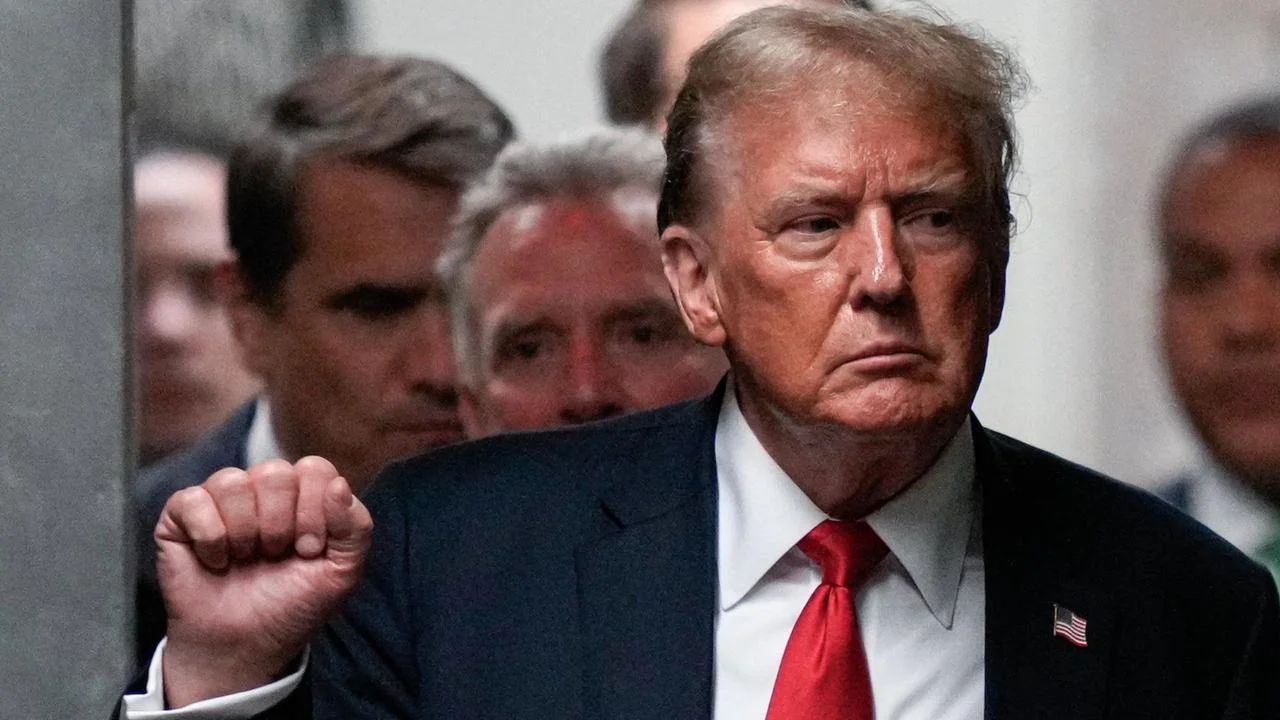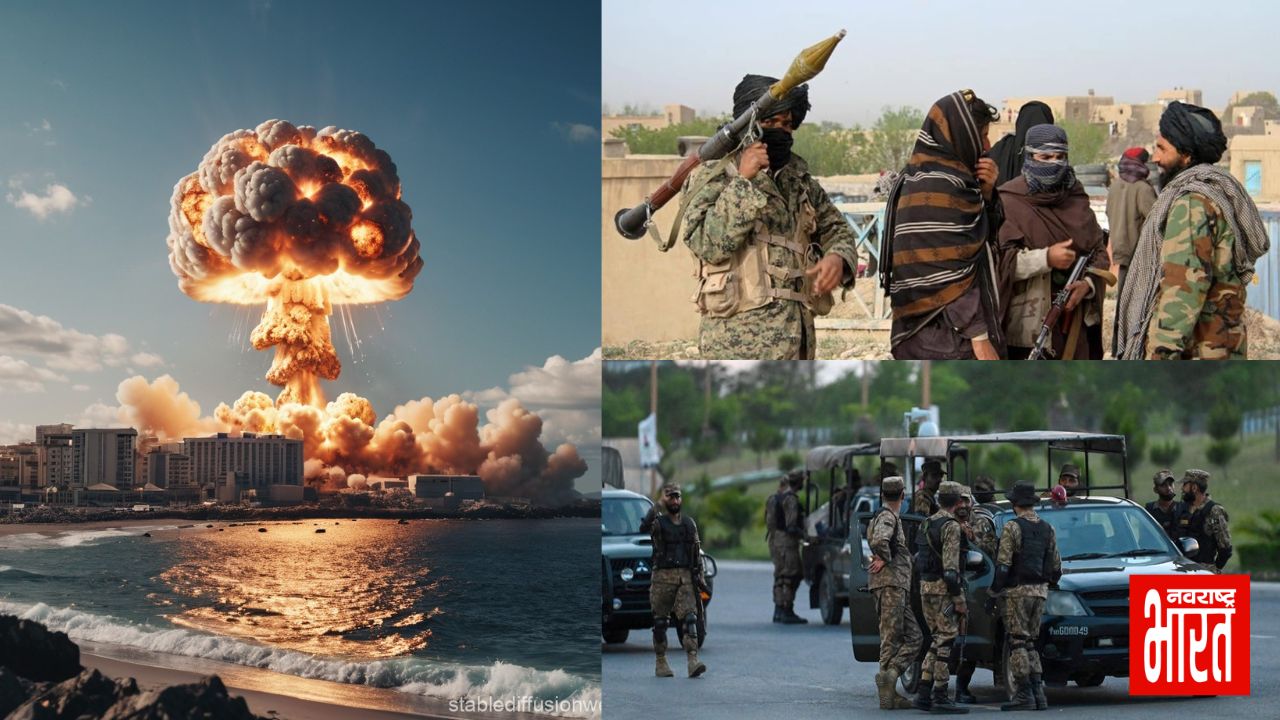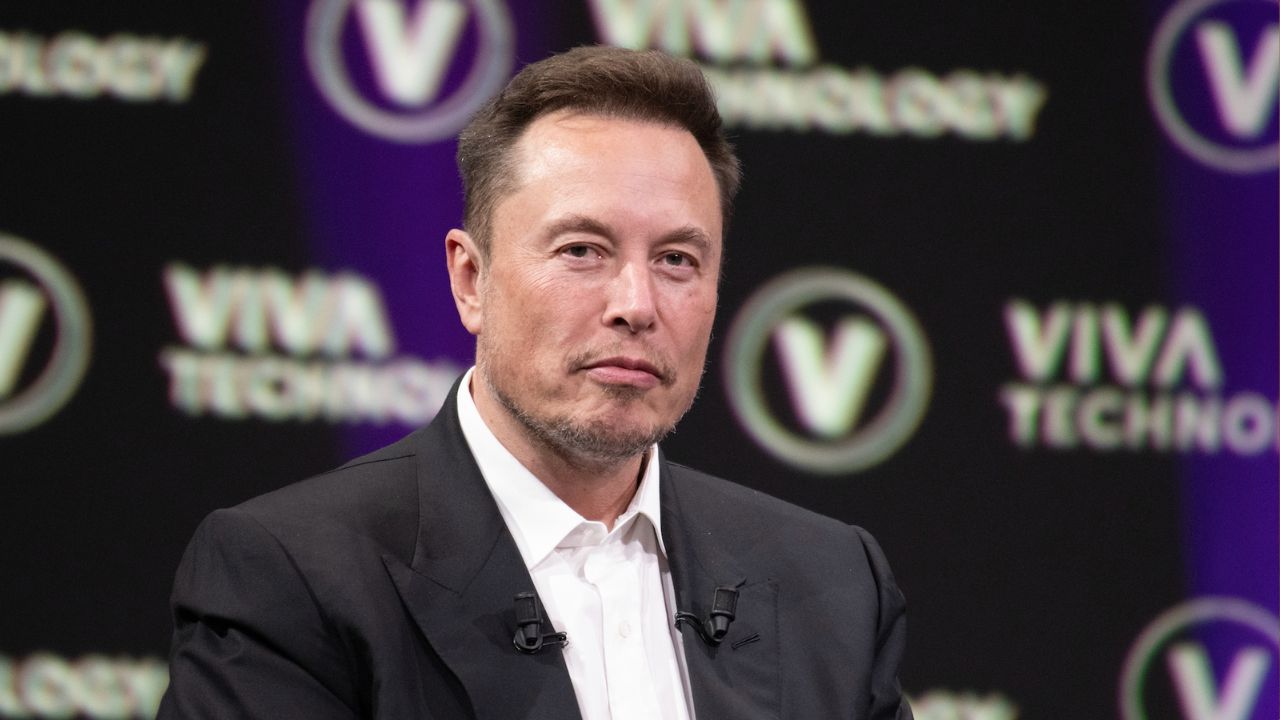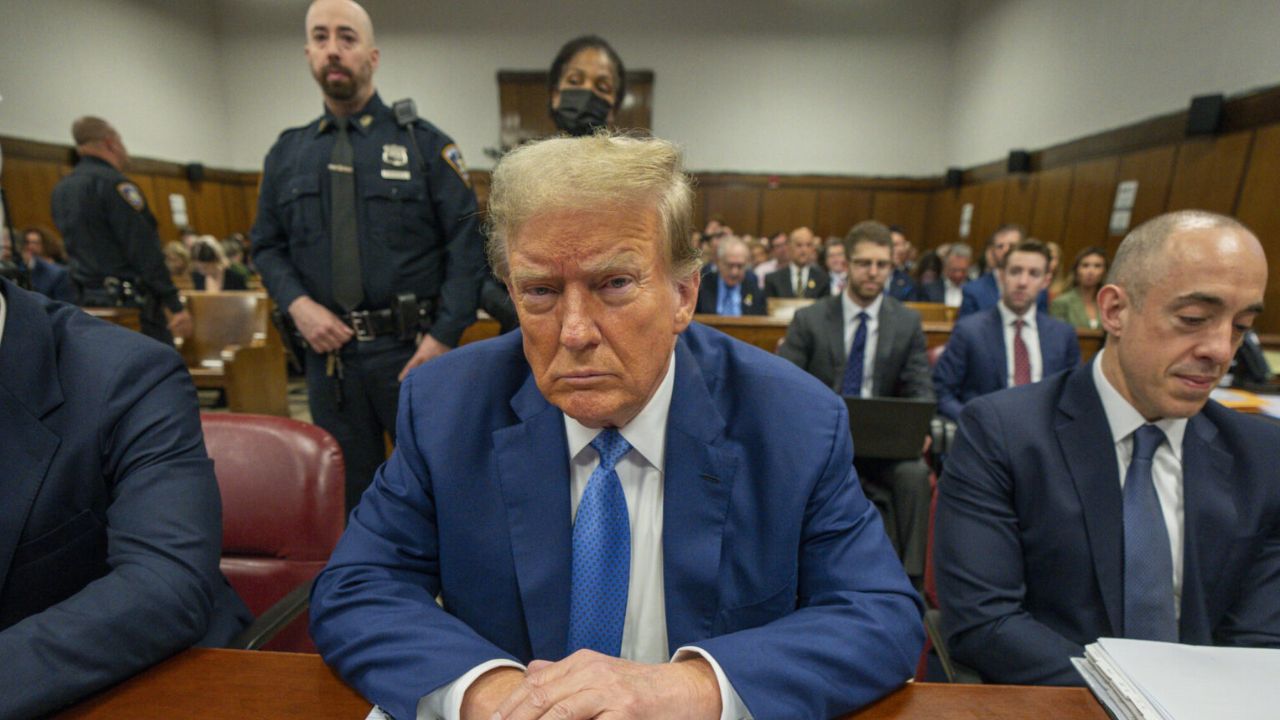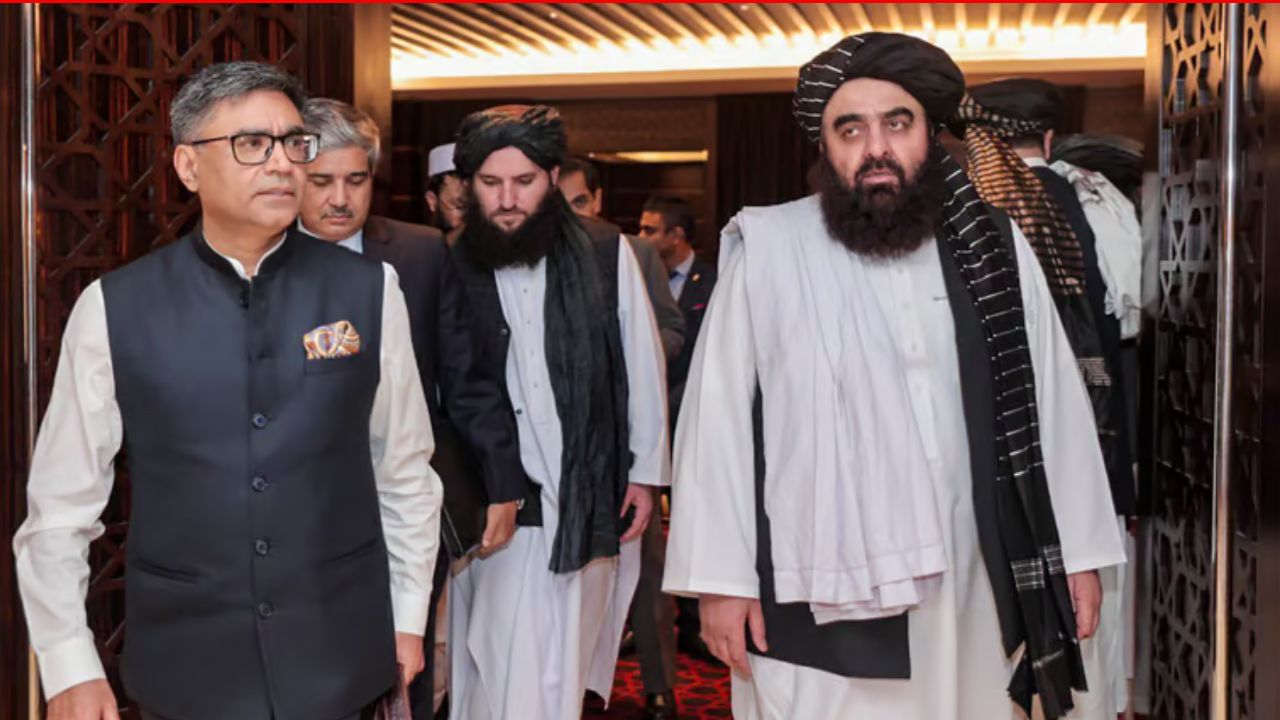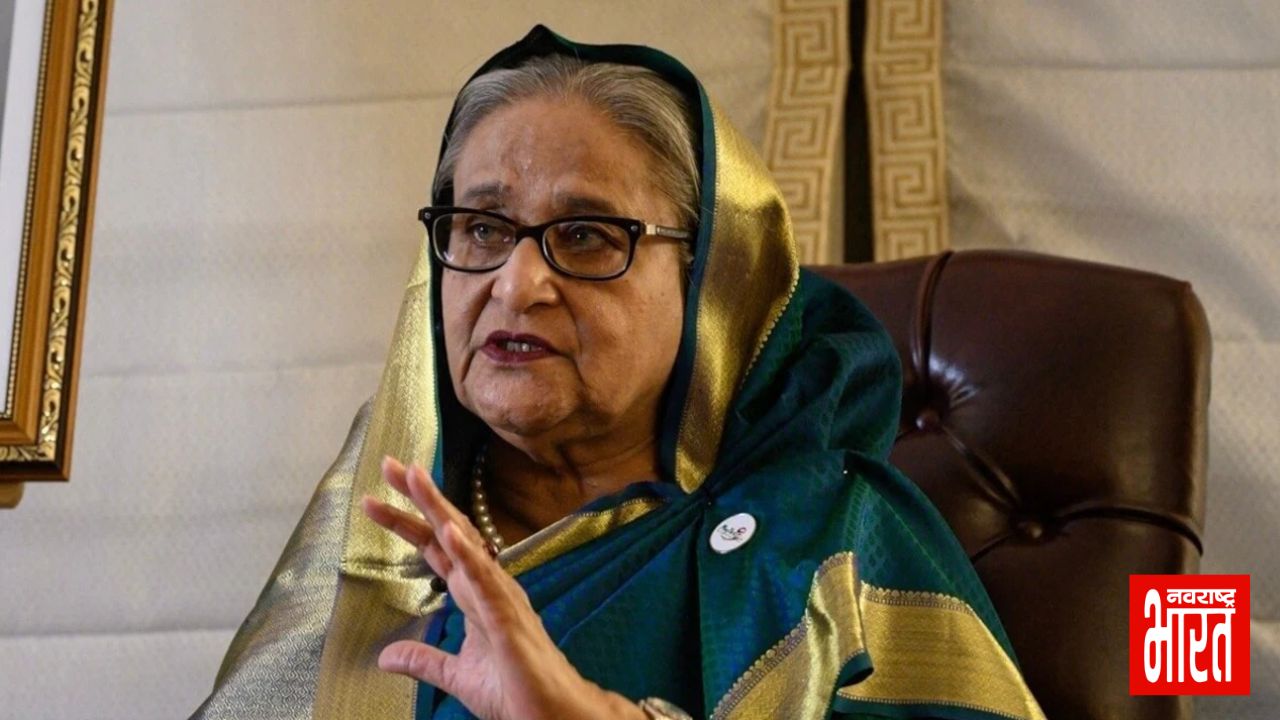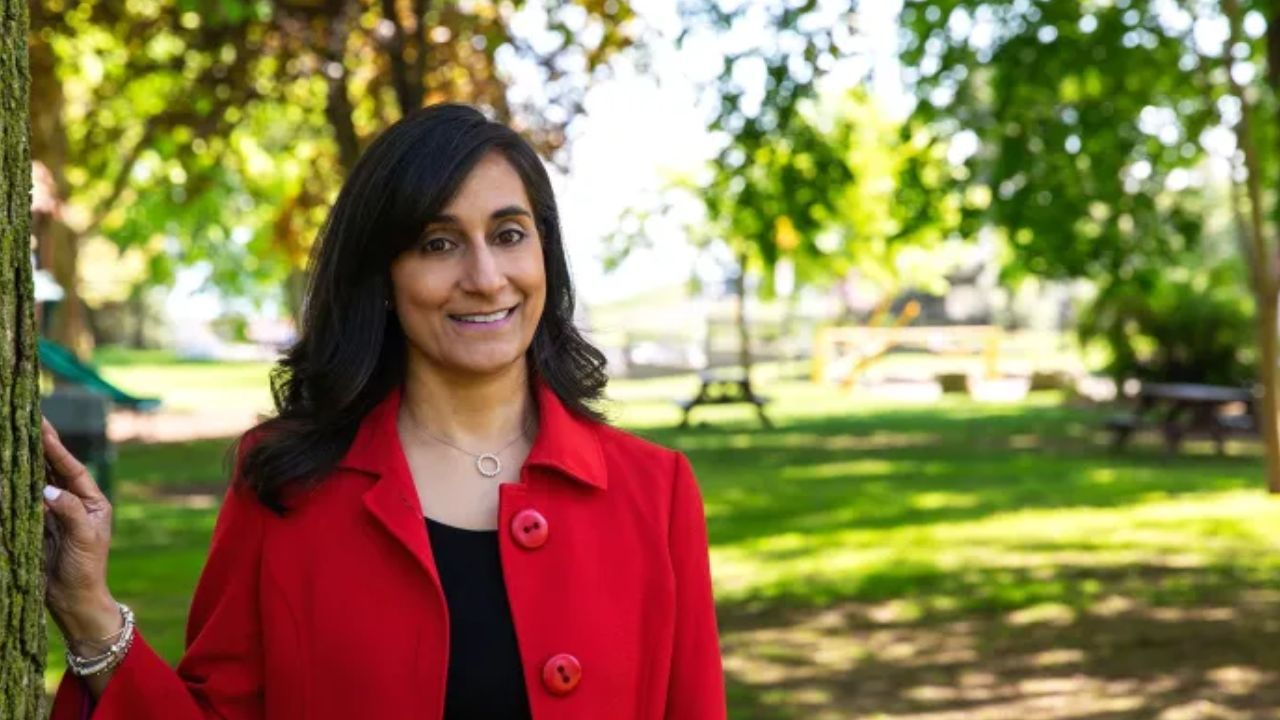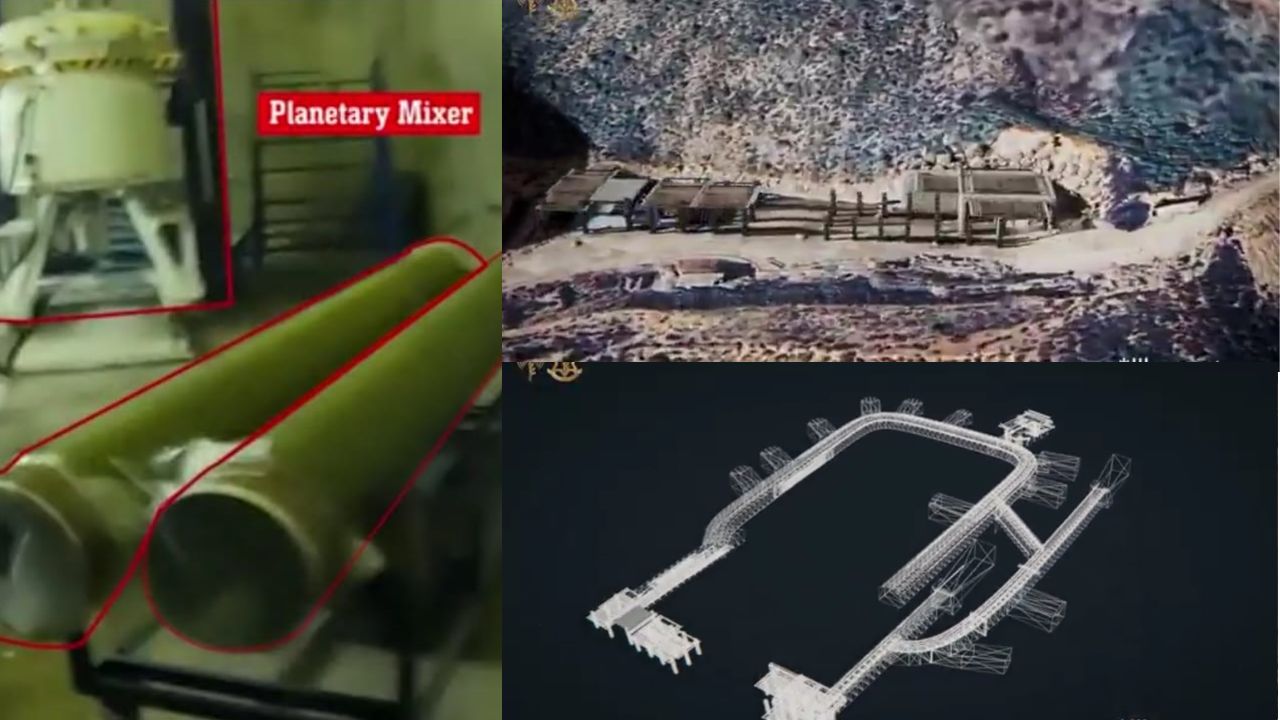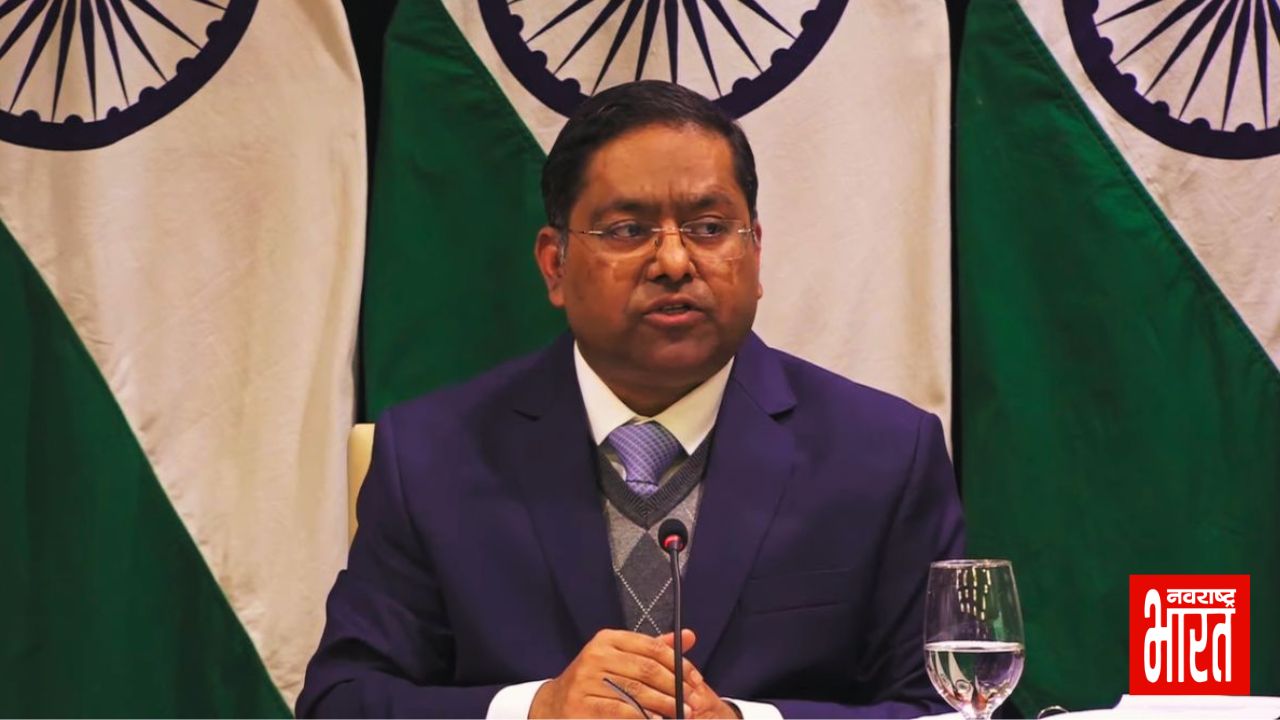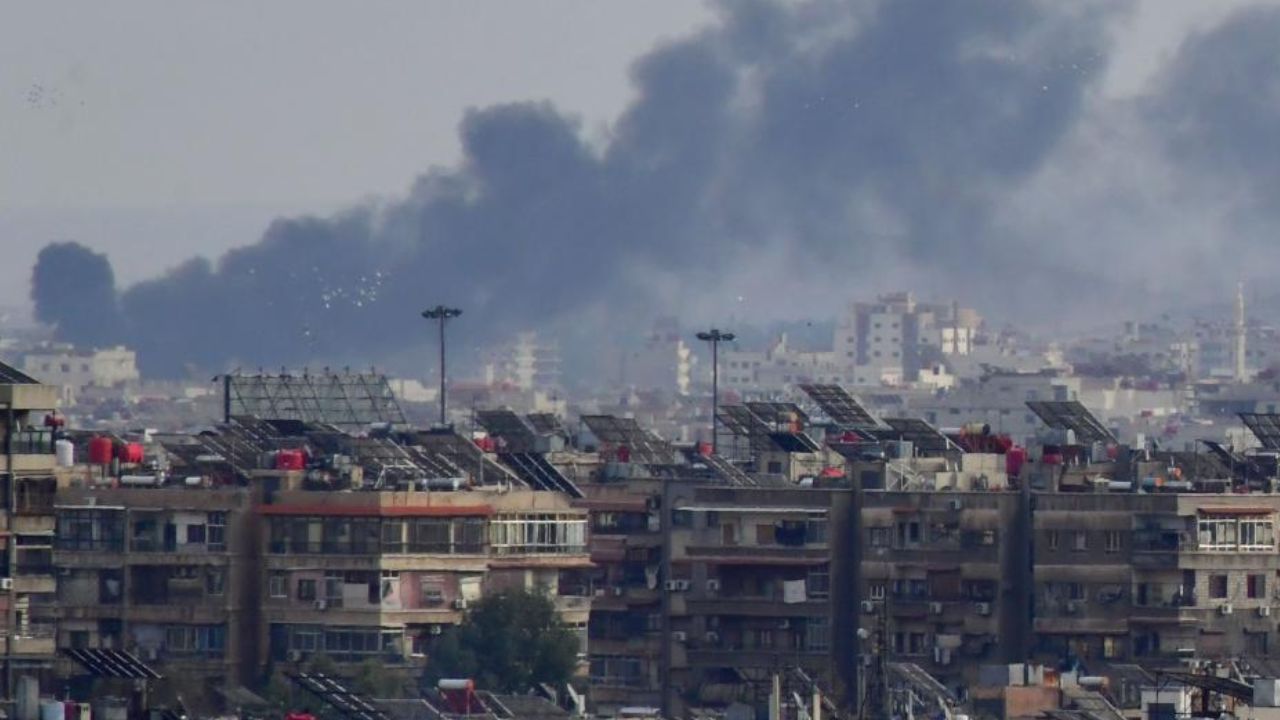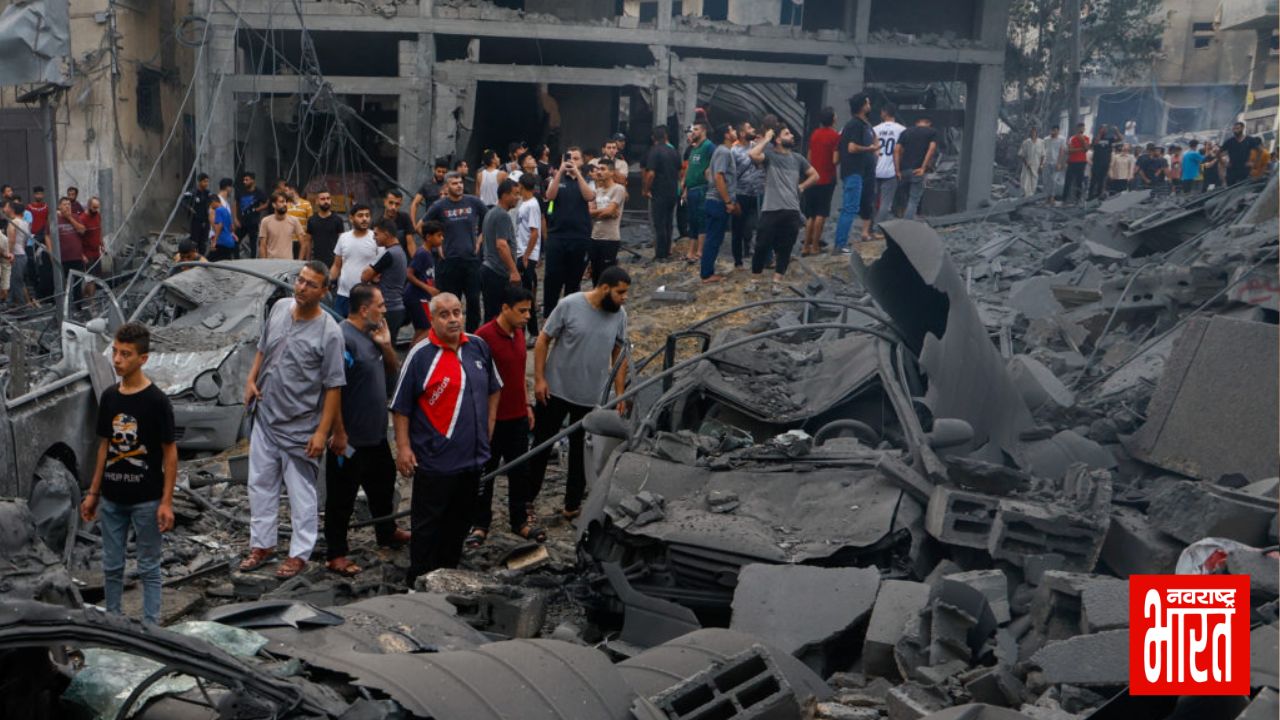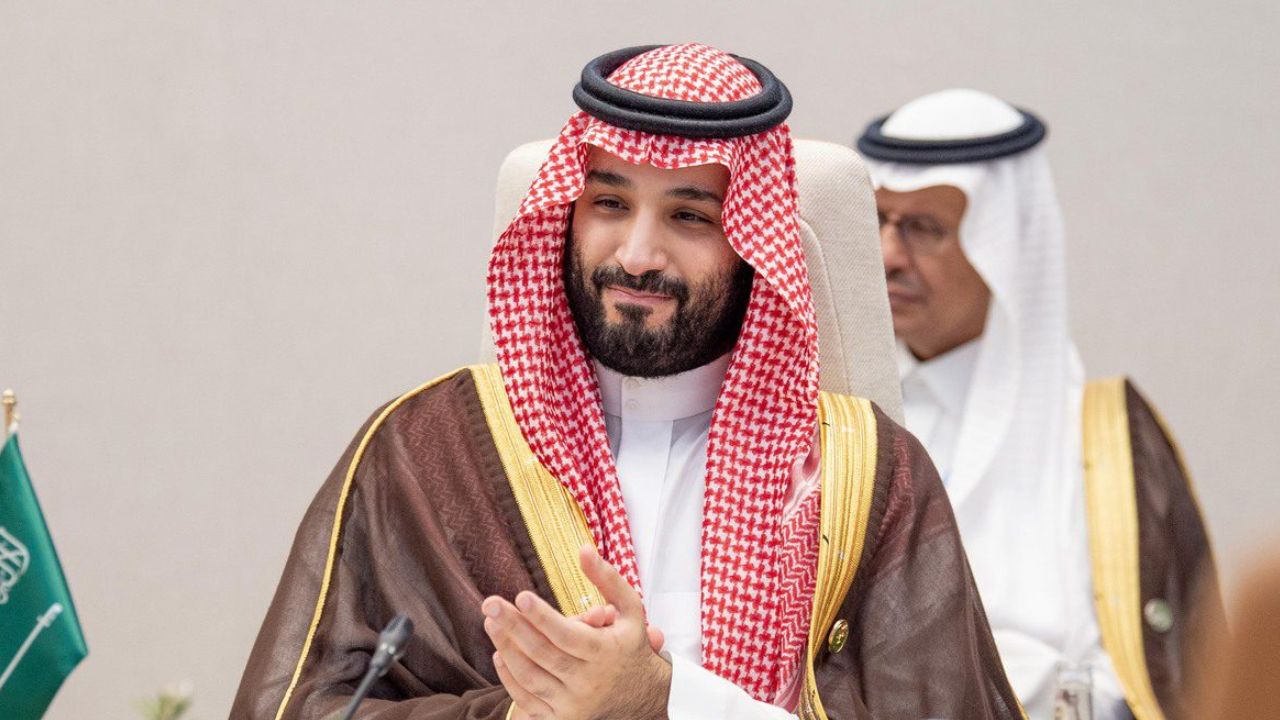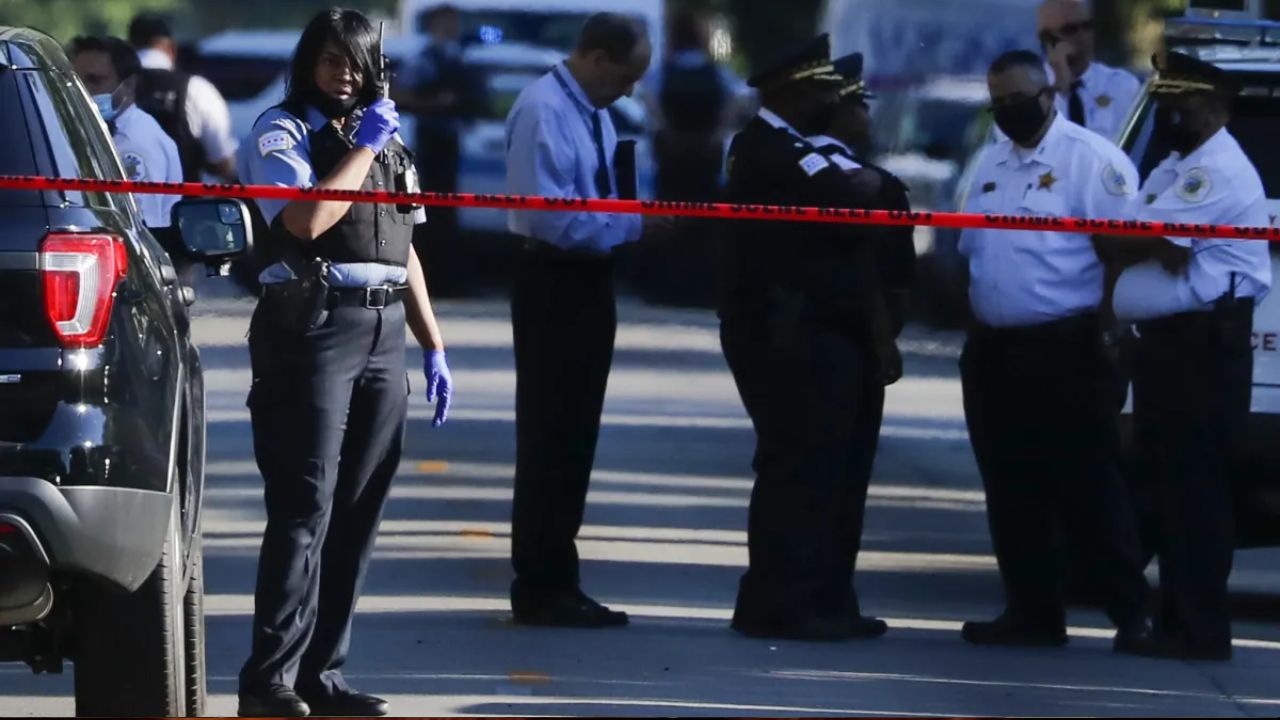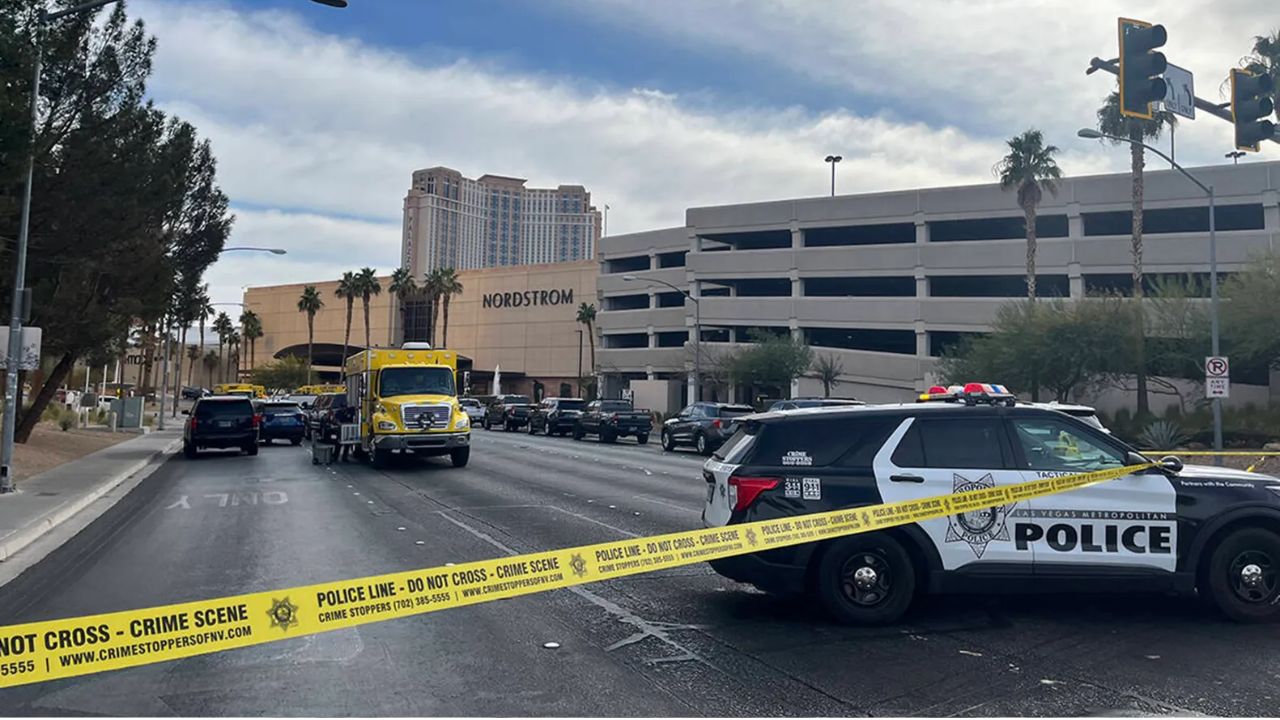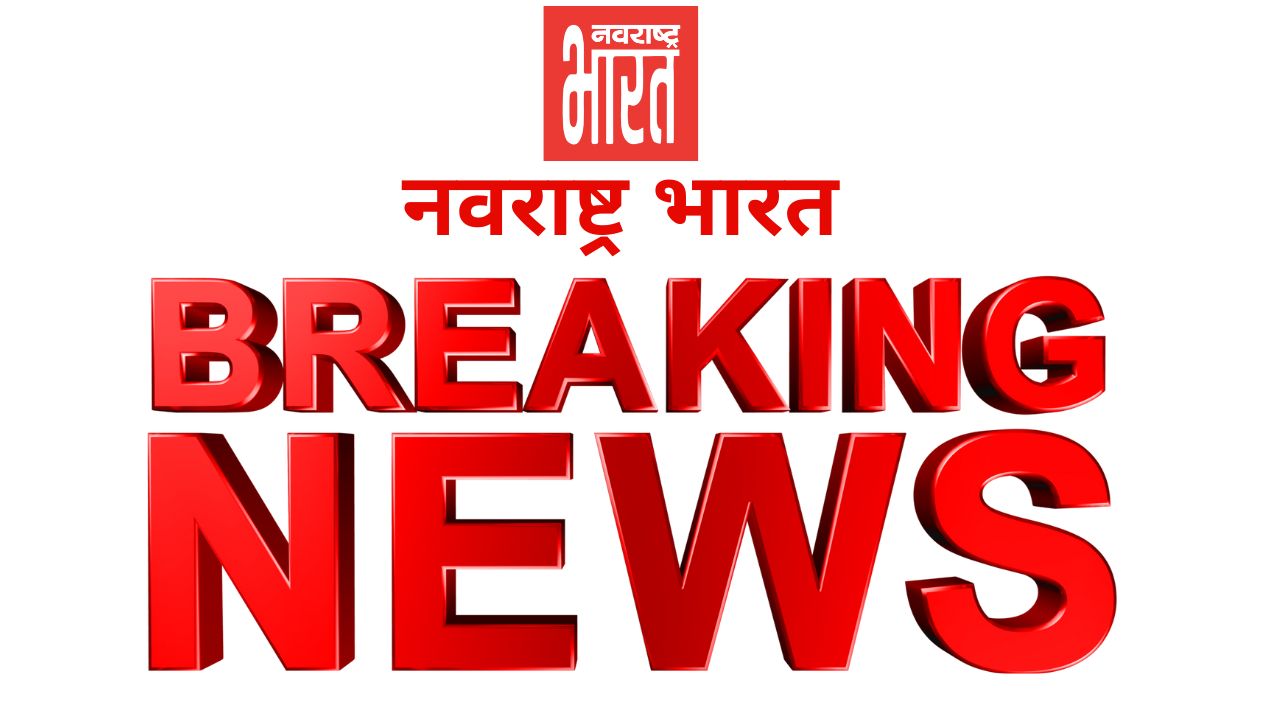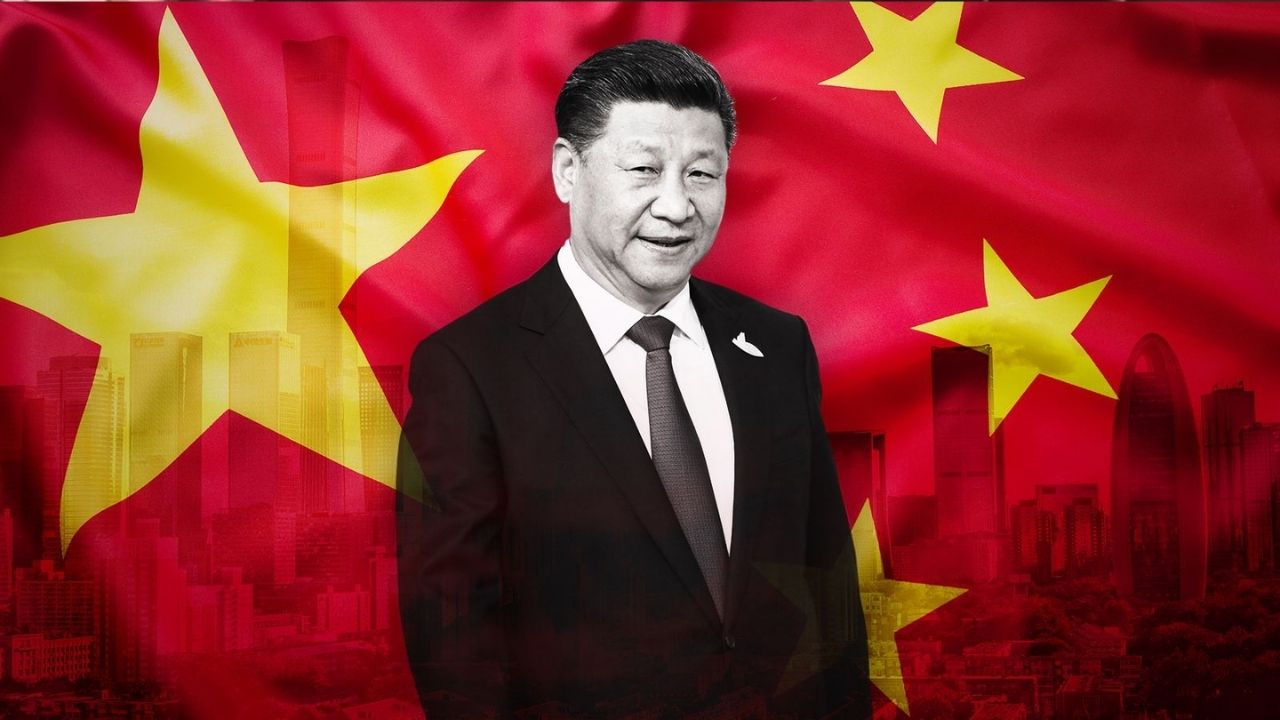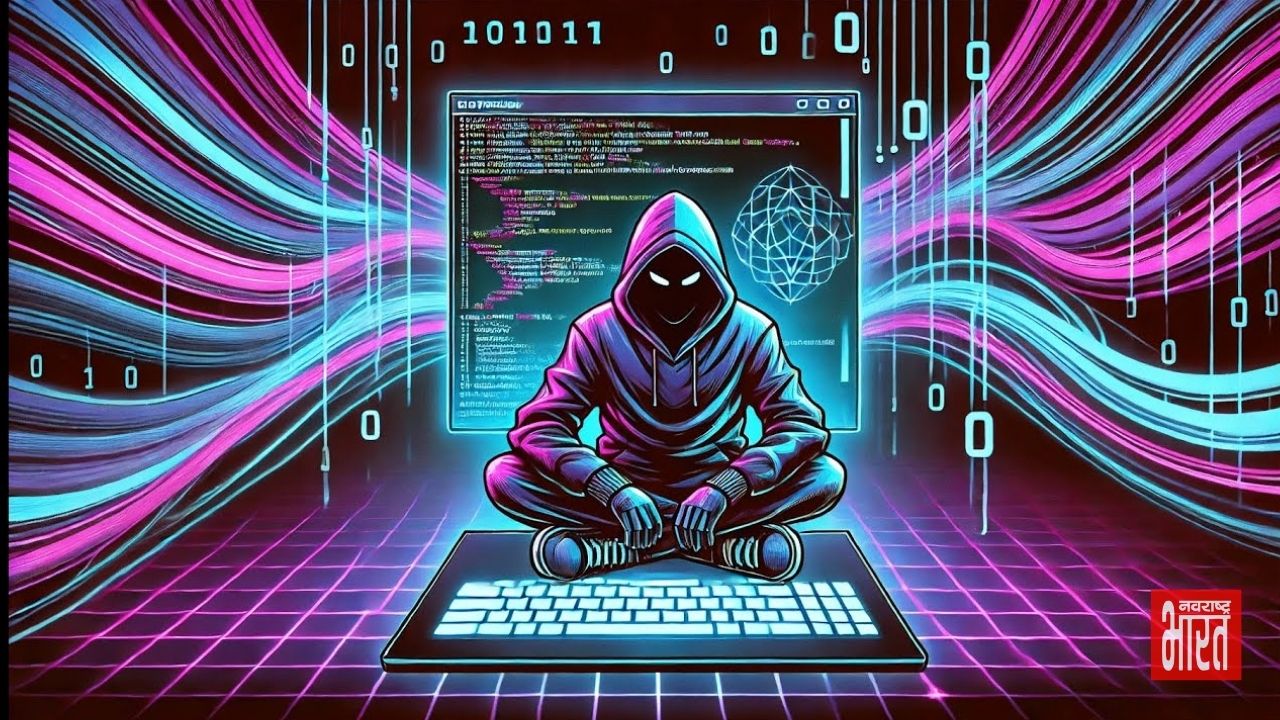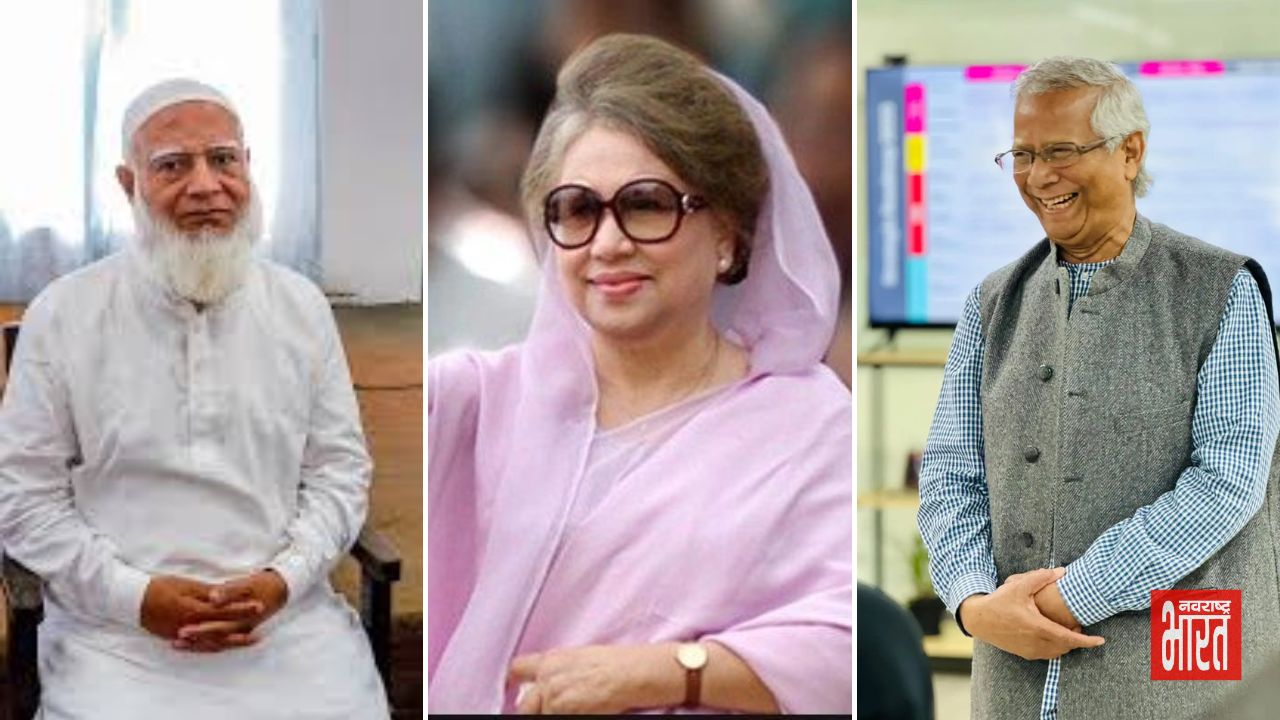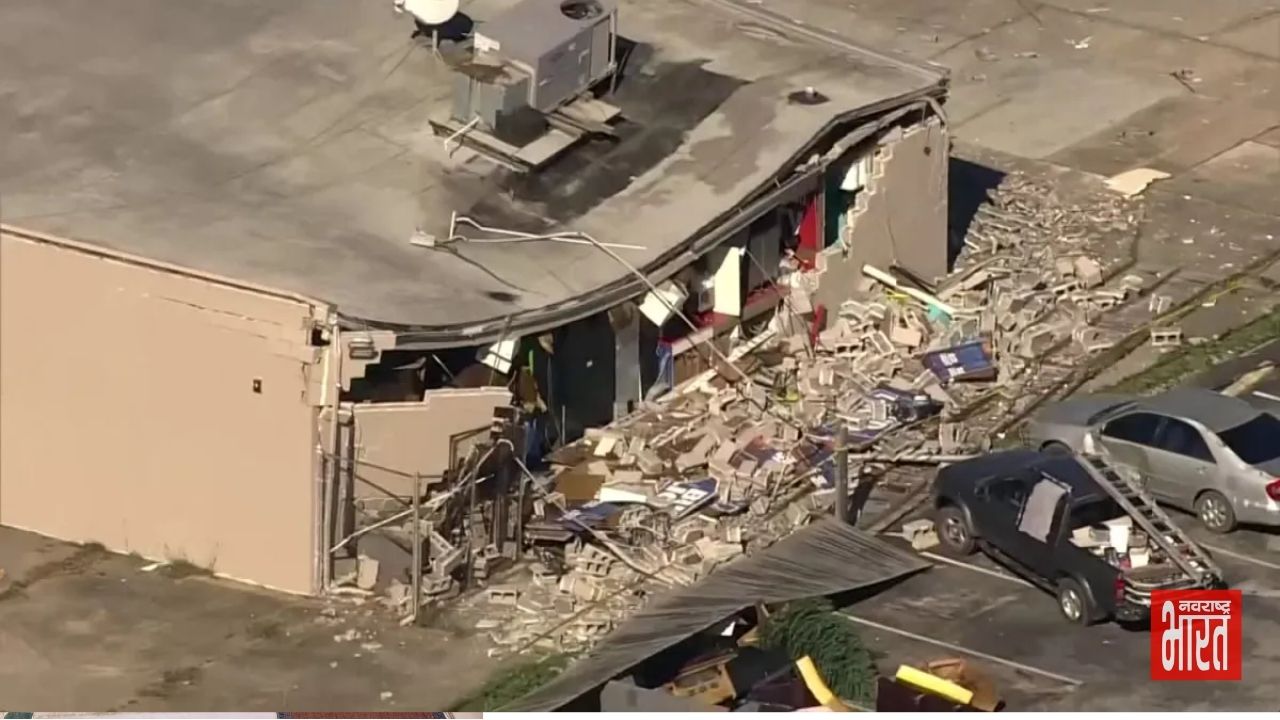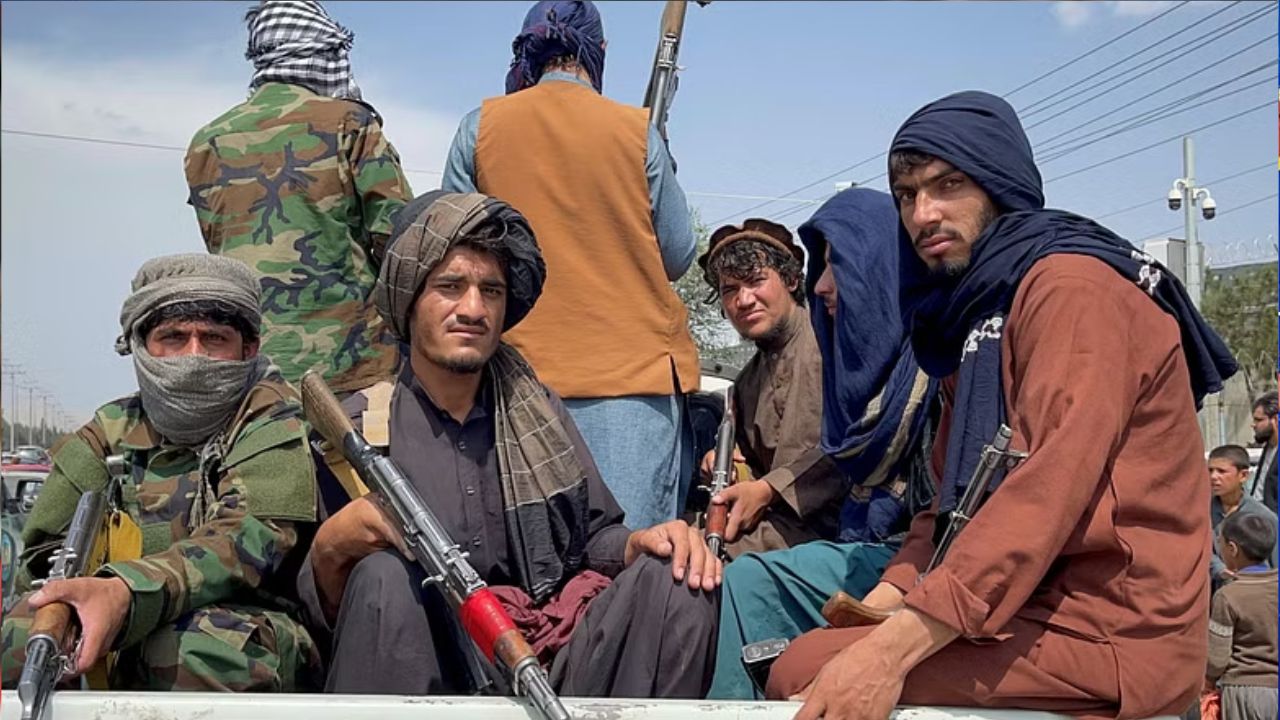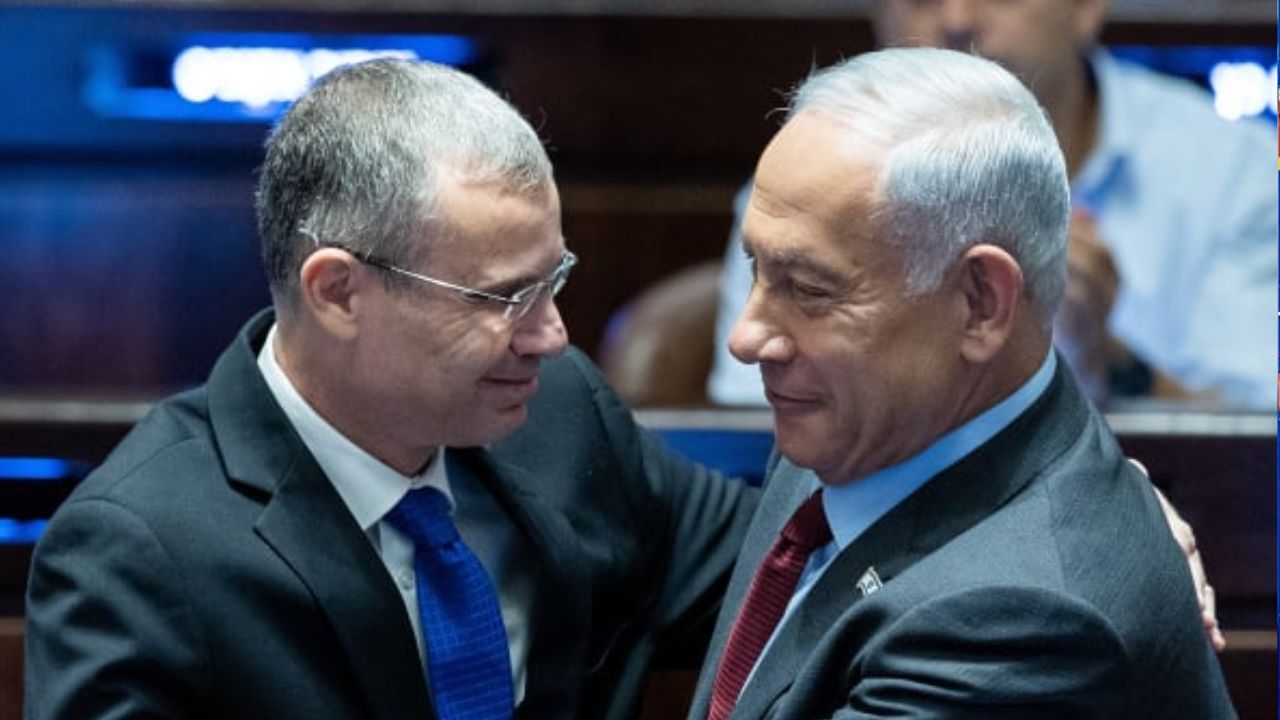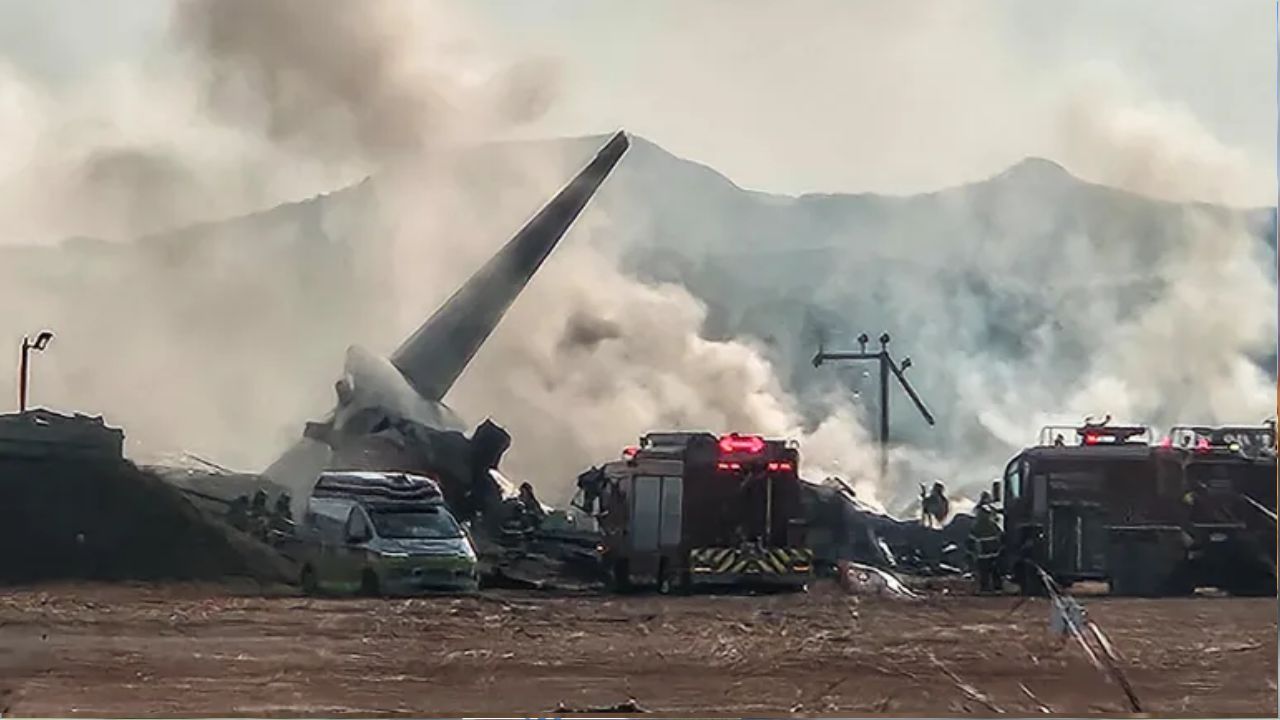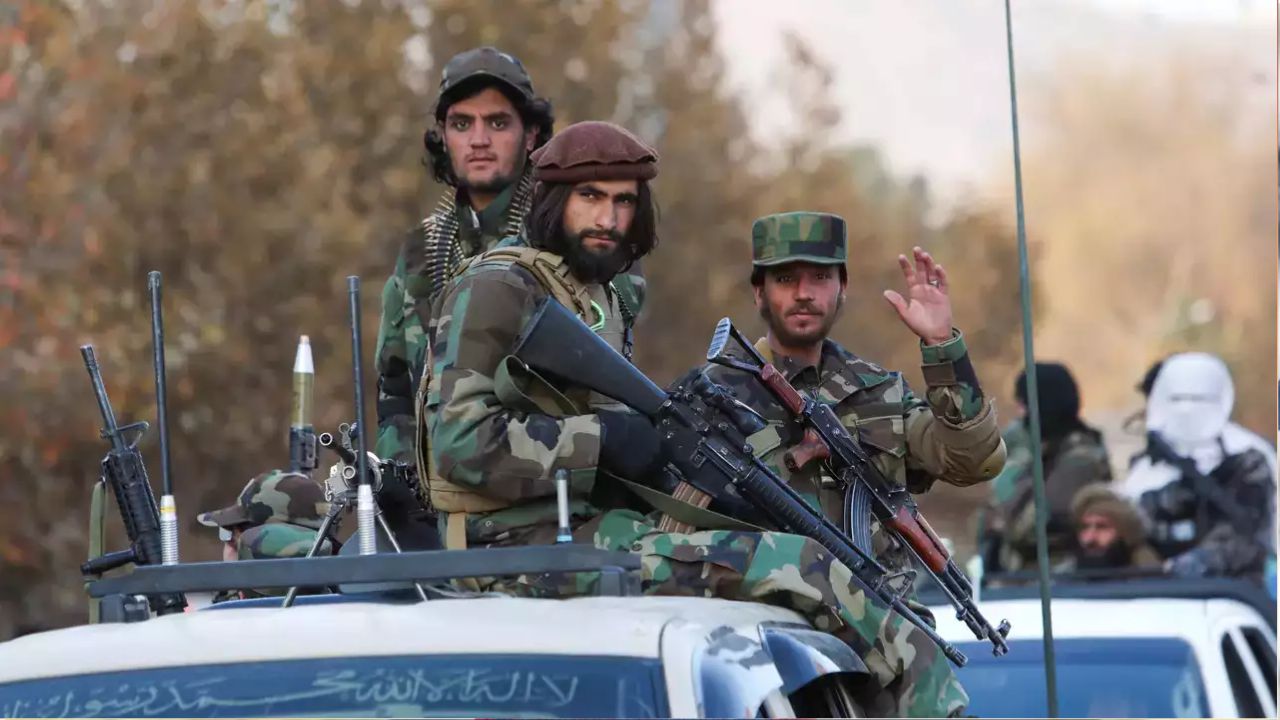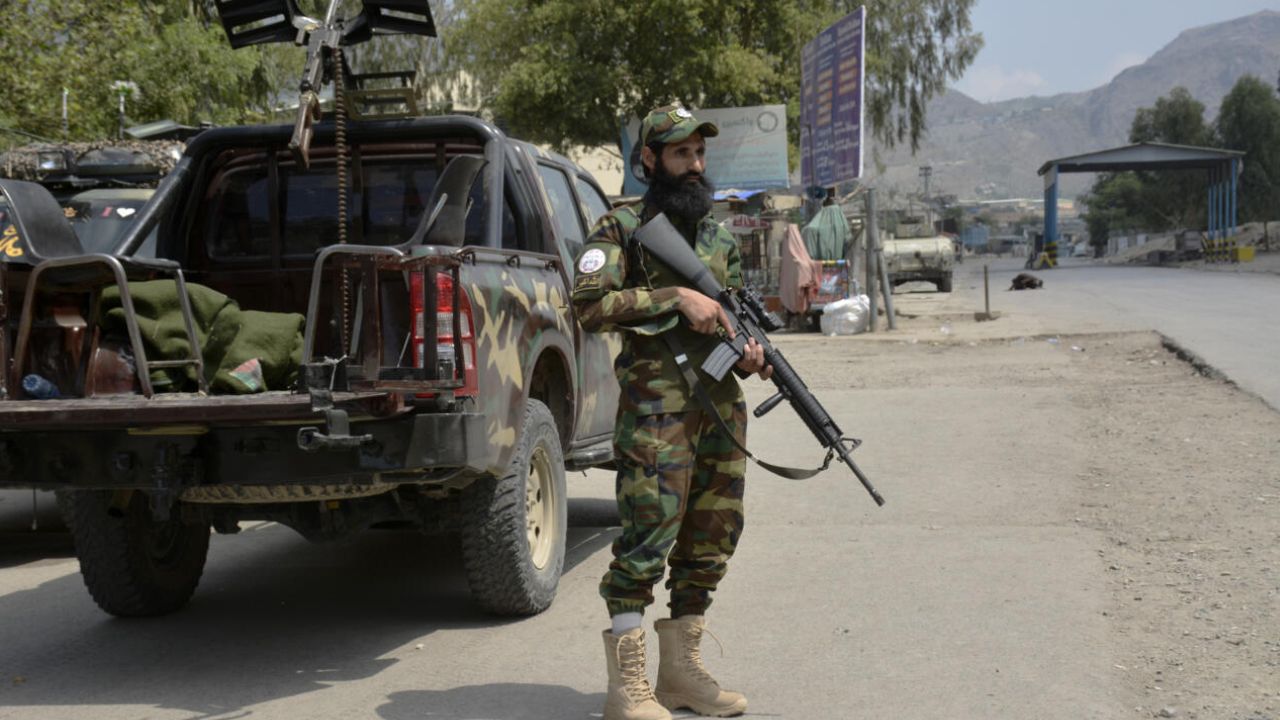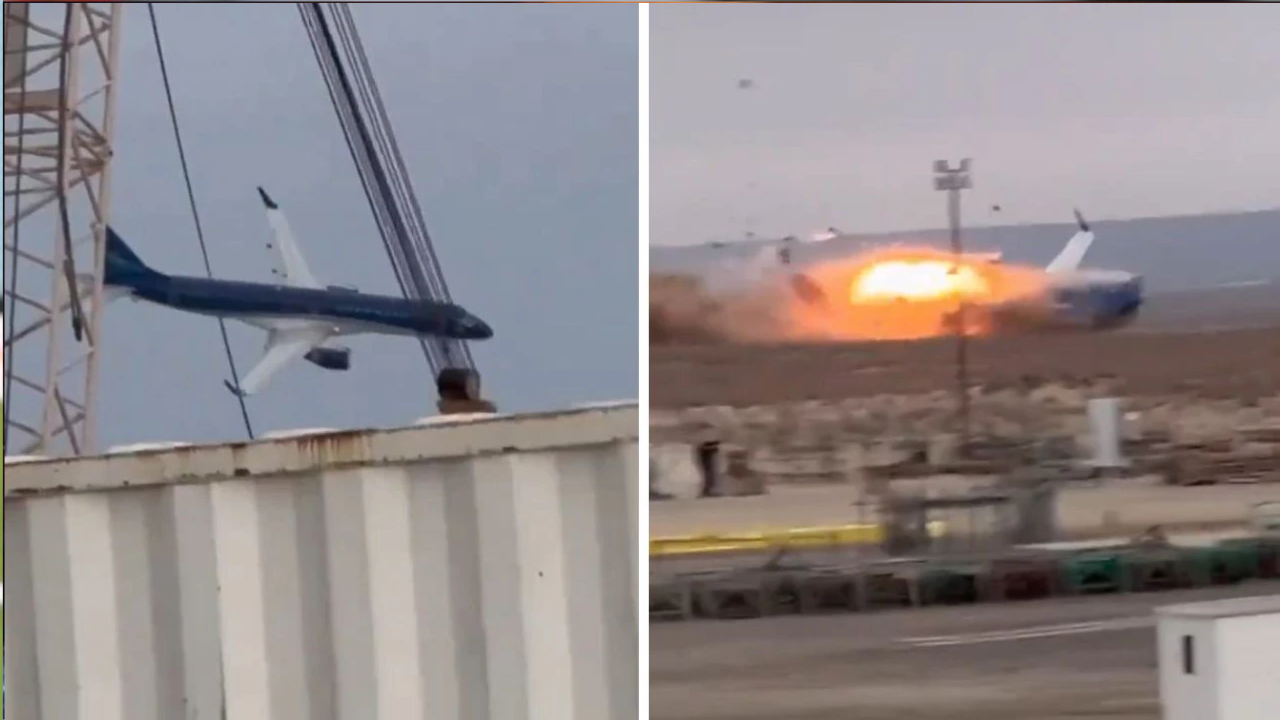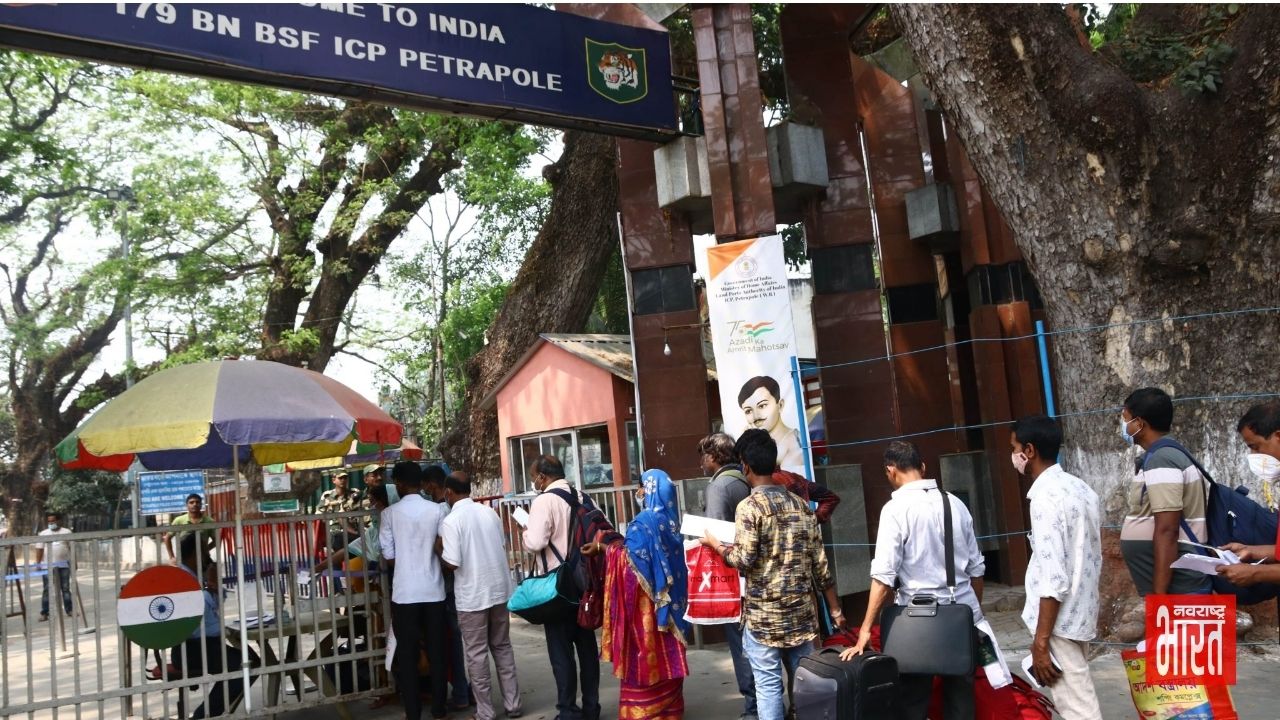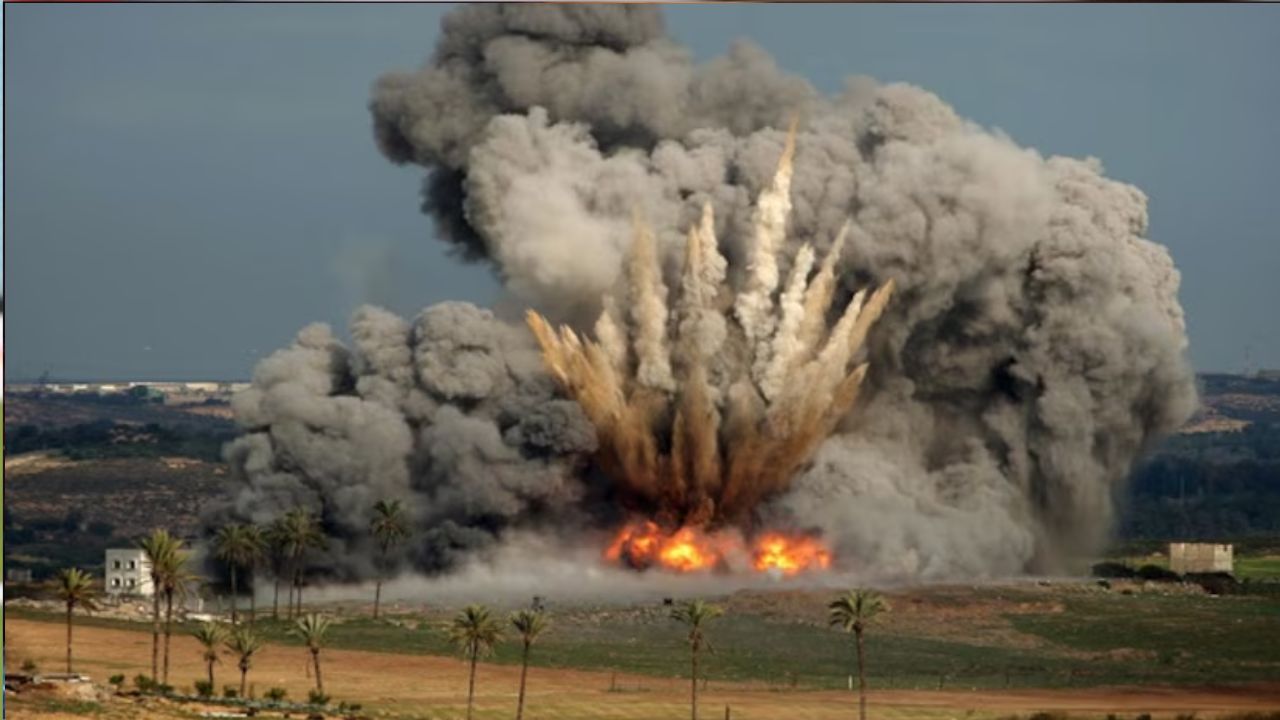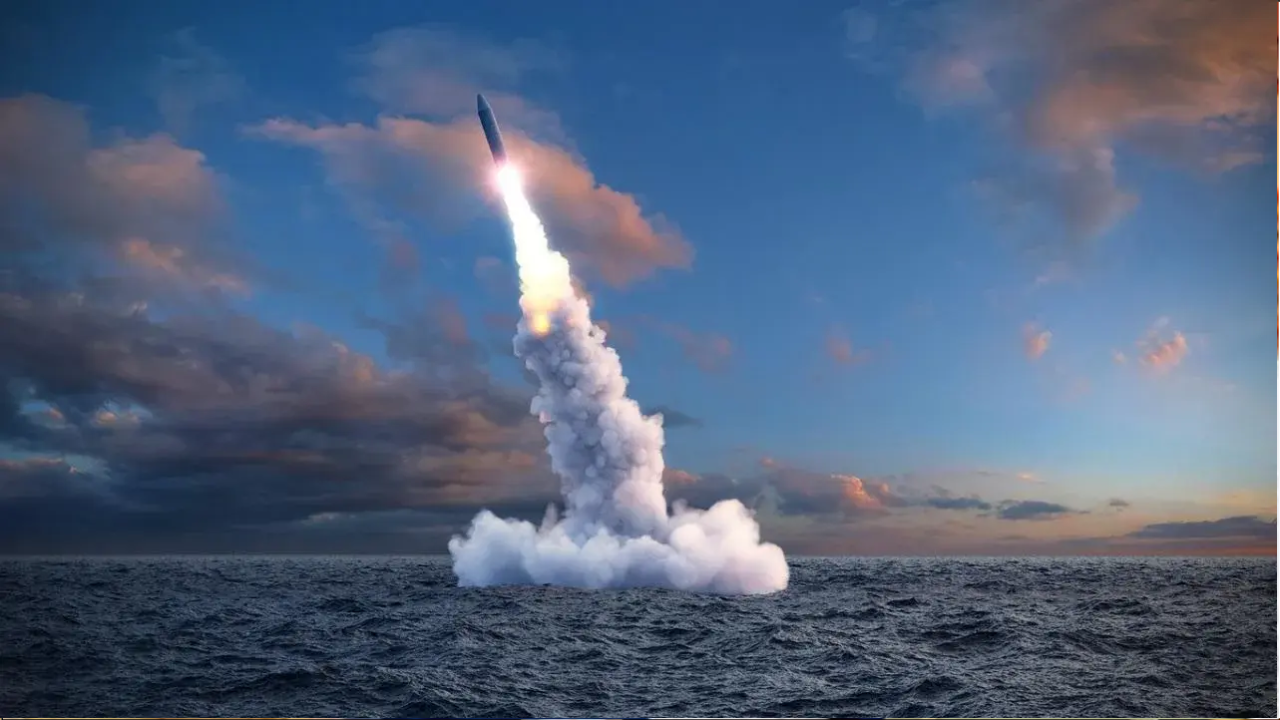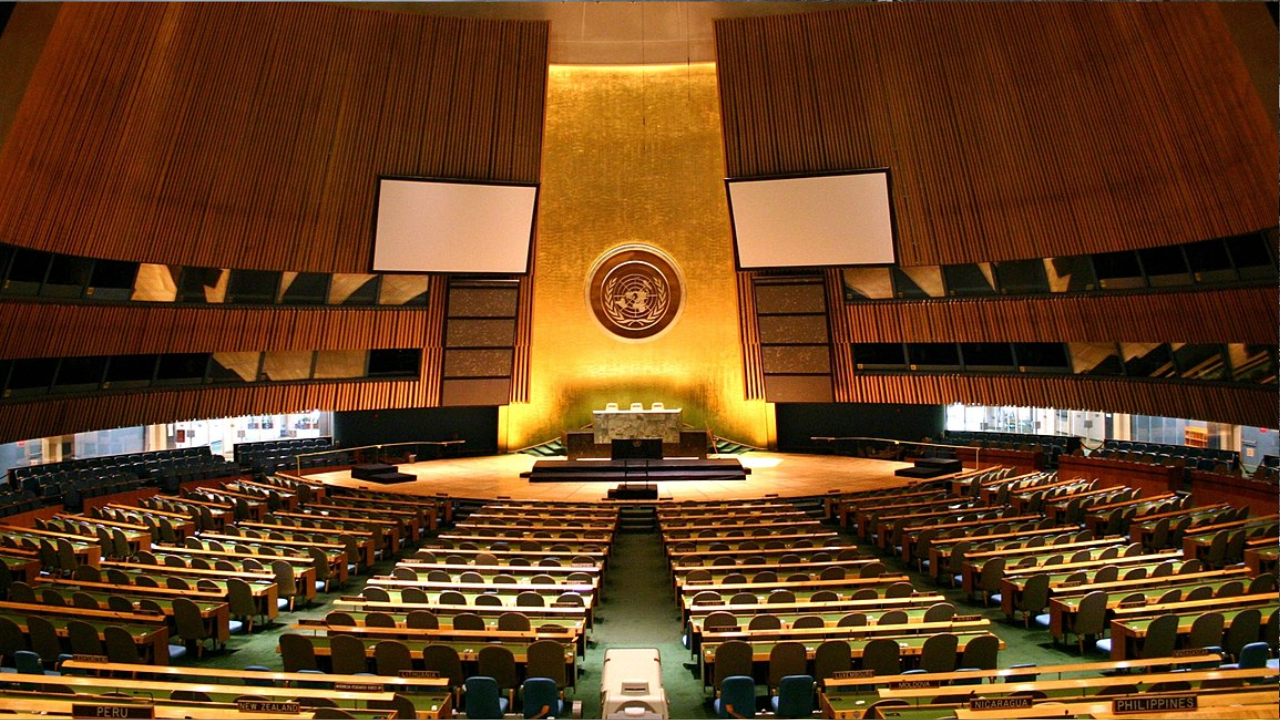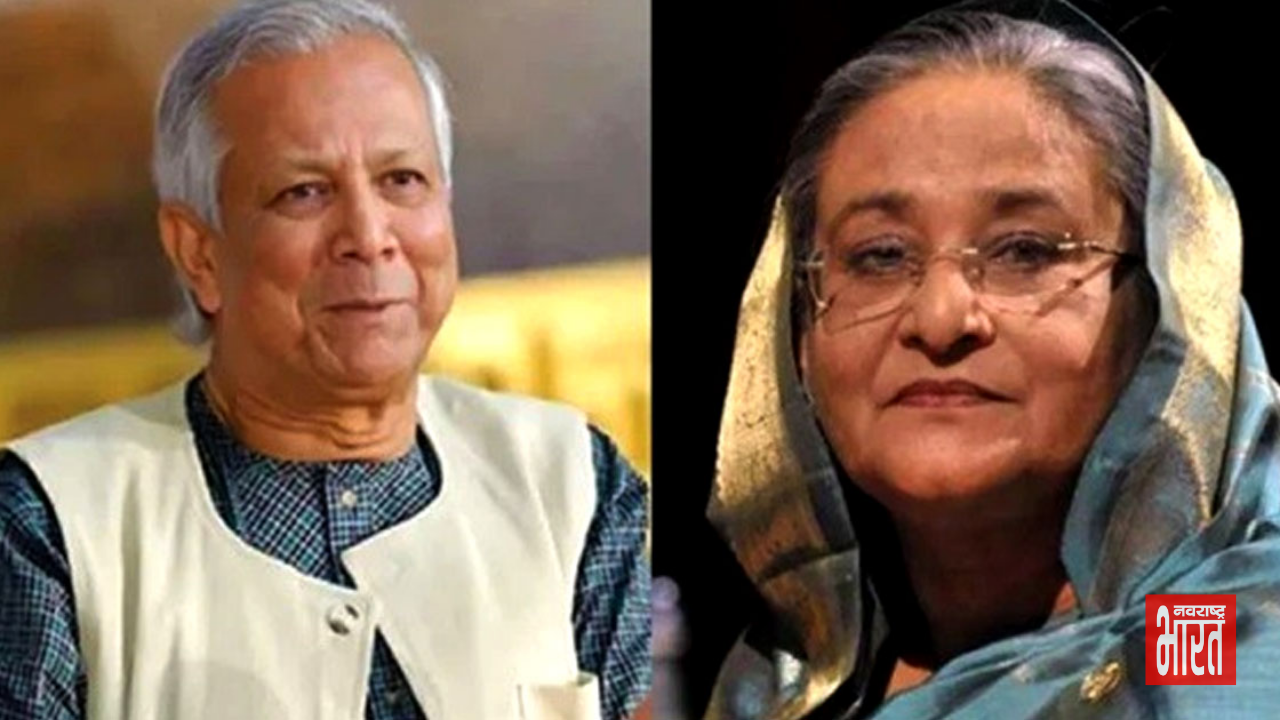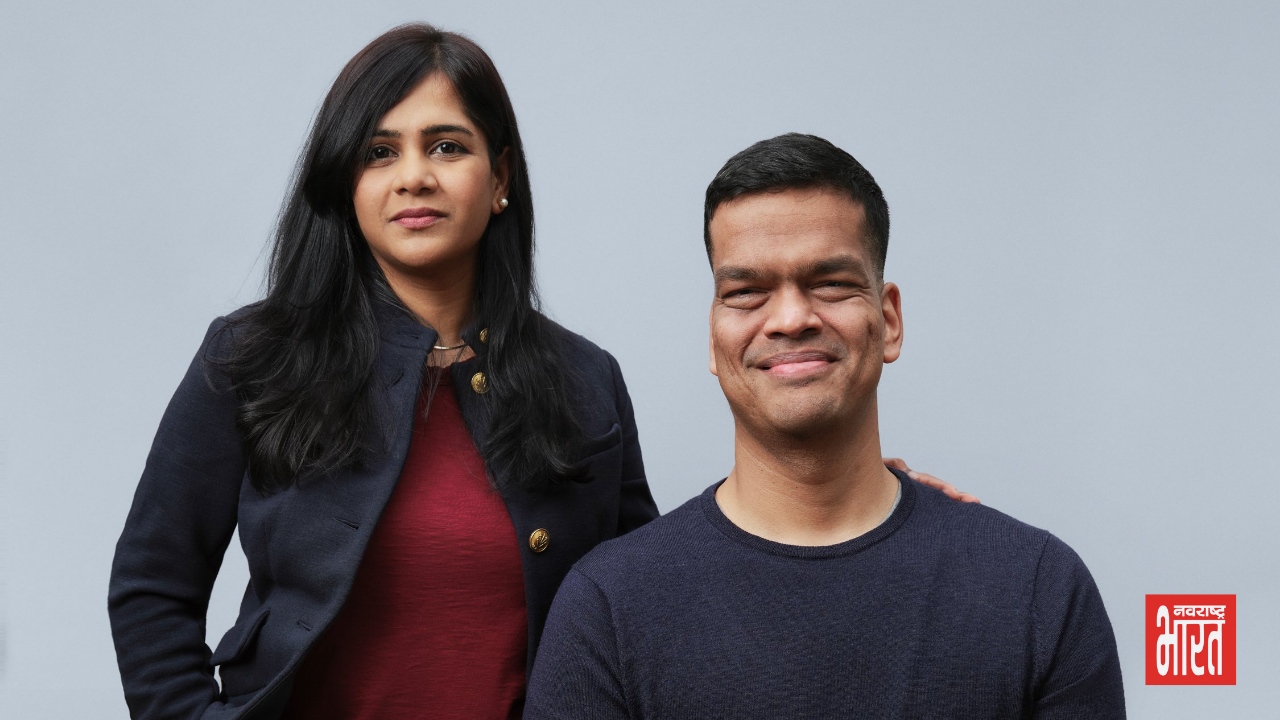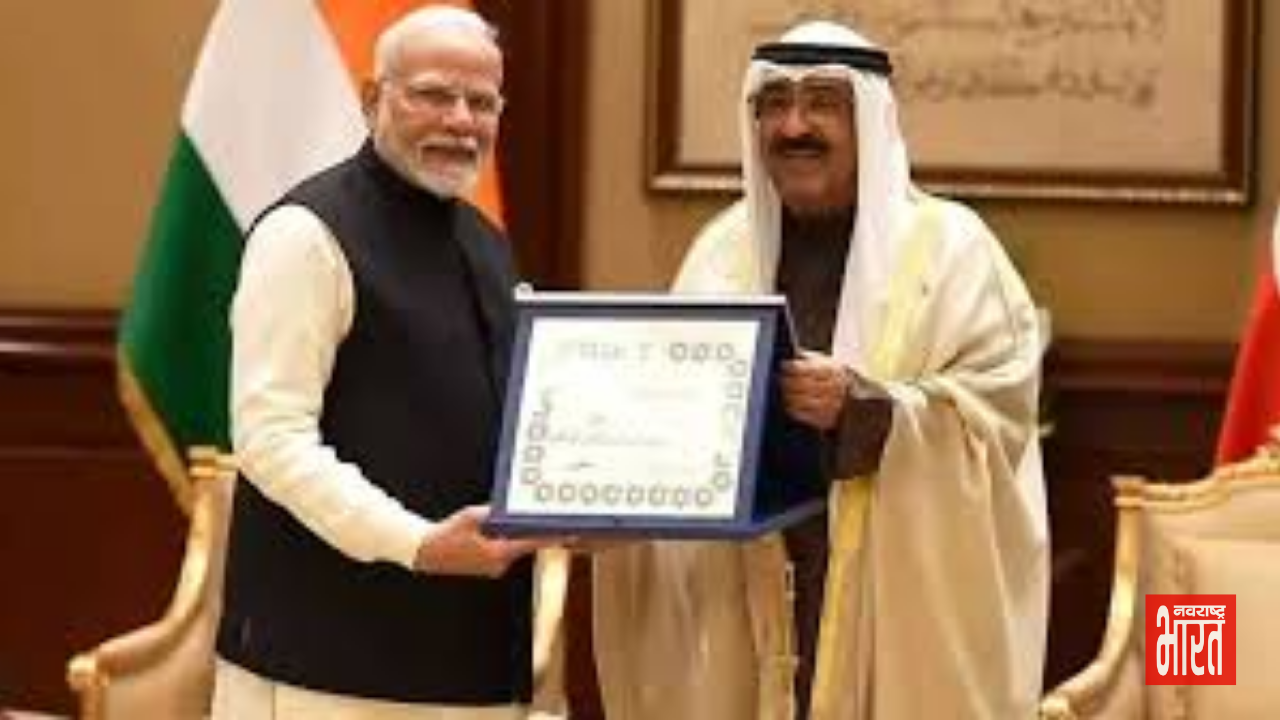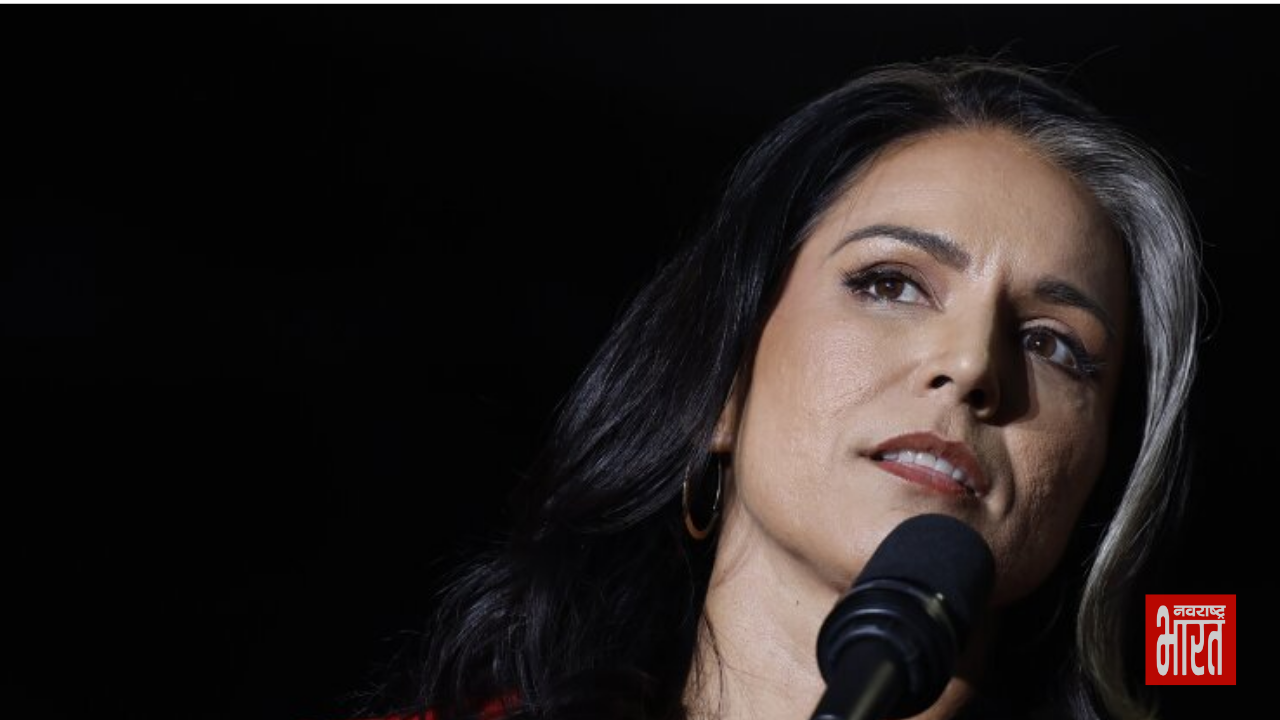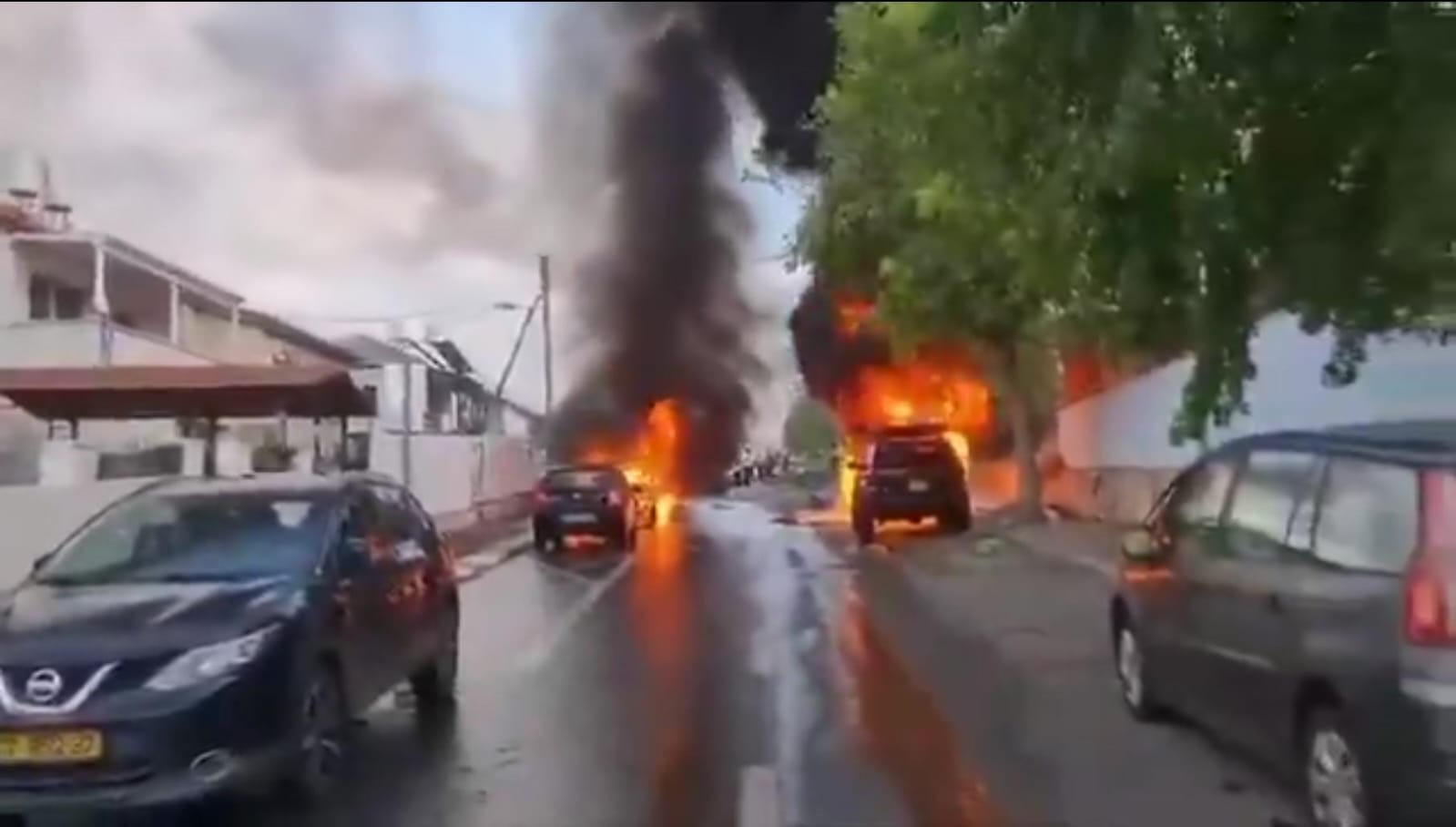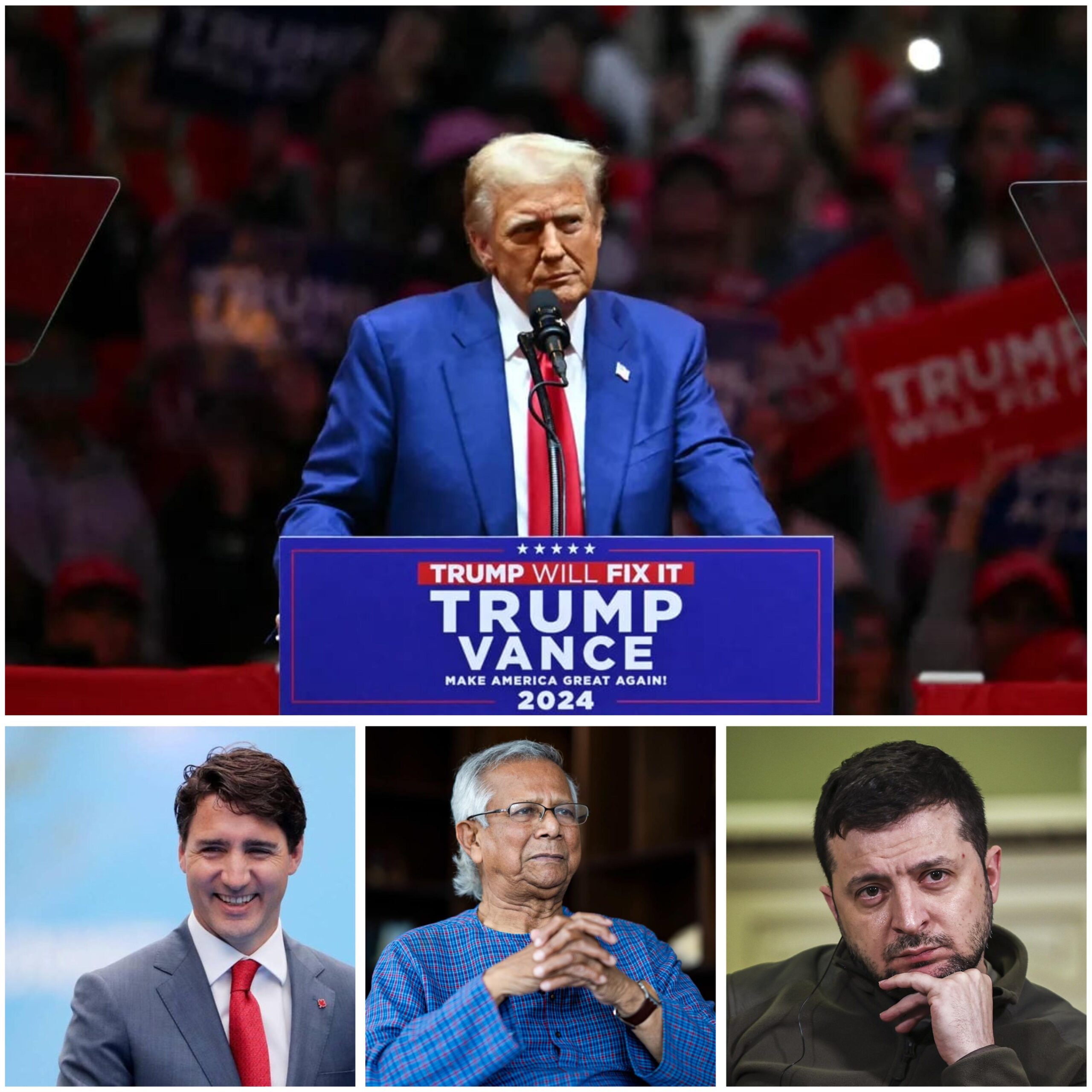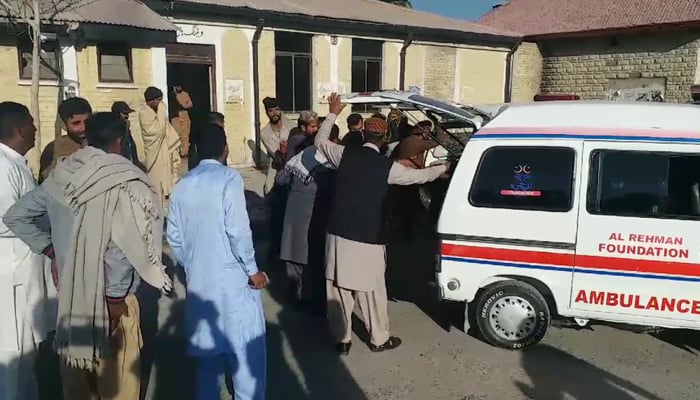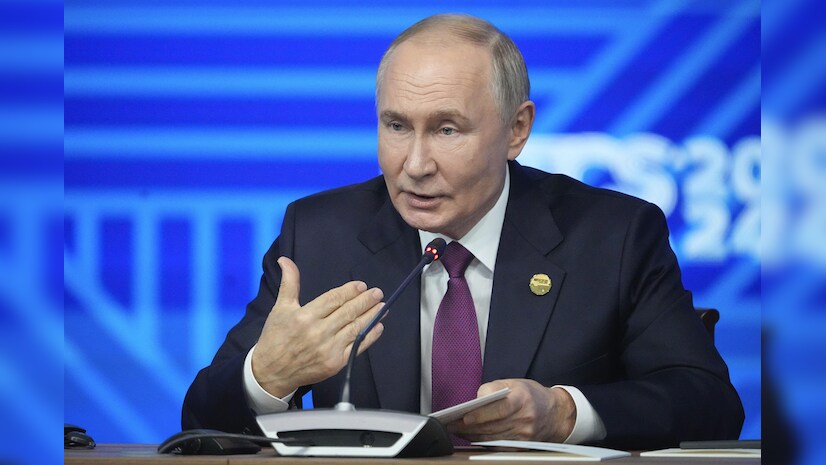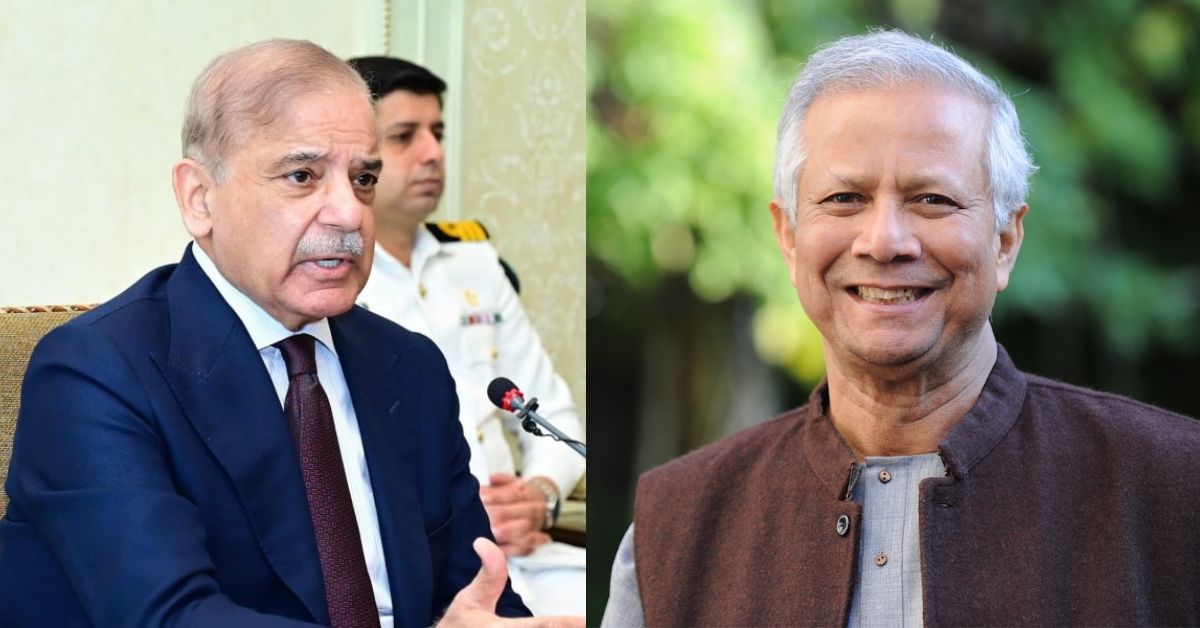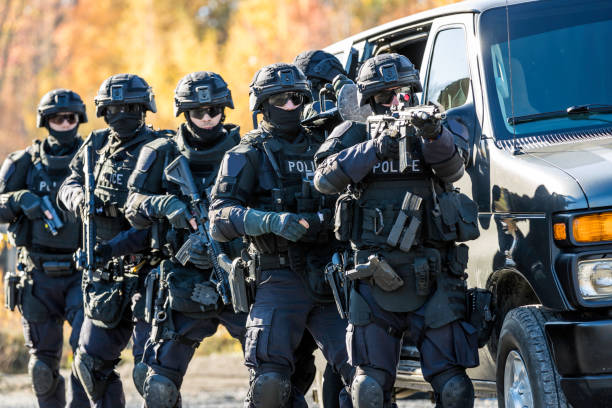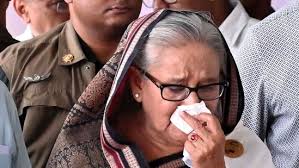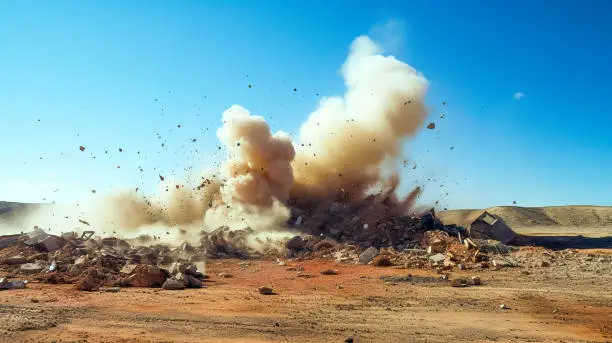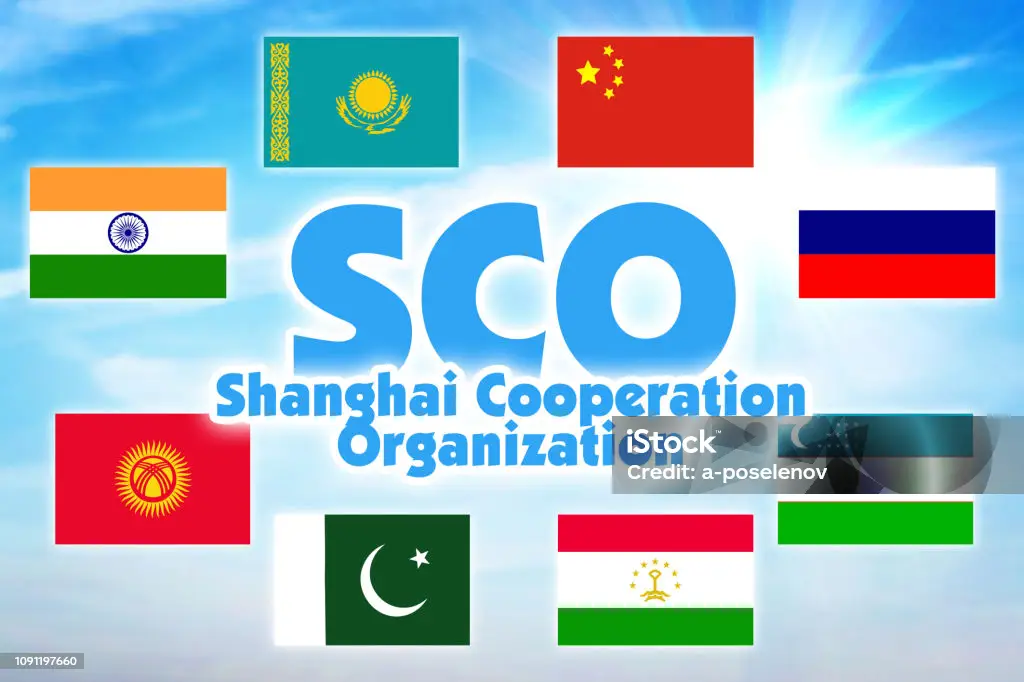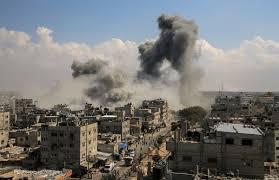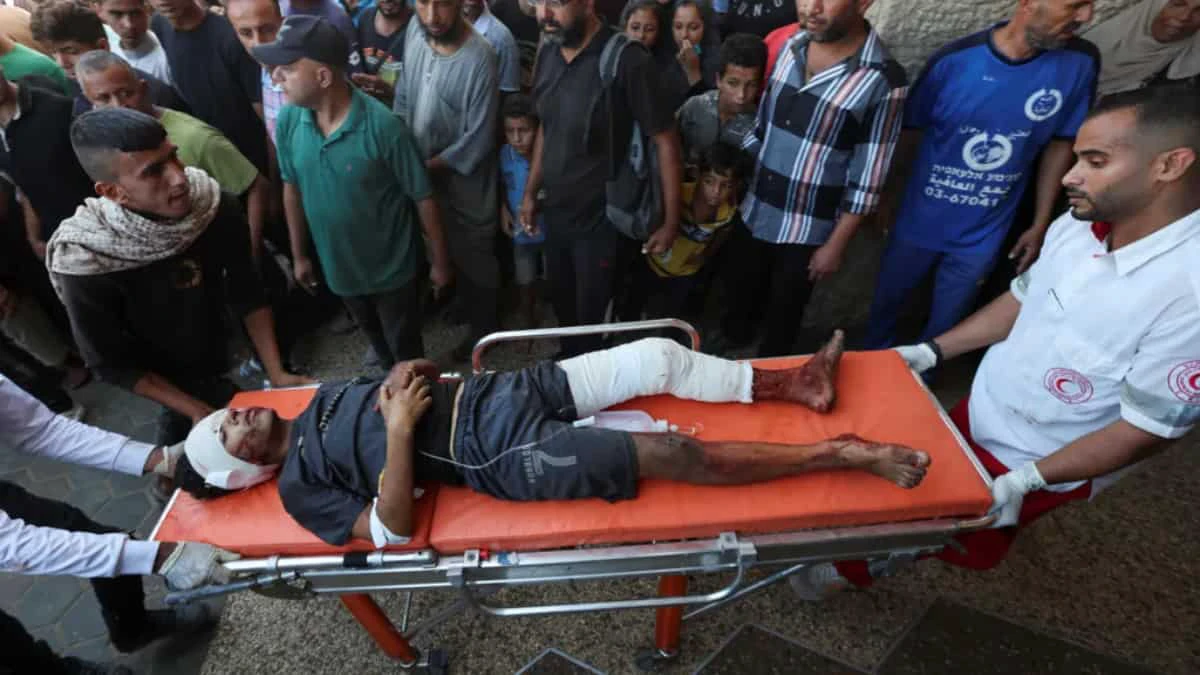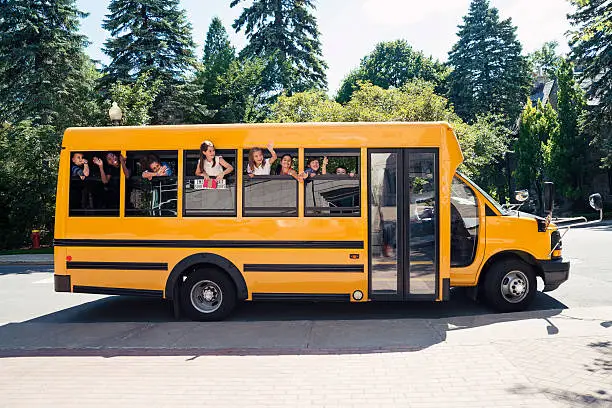
The National People’s Power party, led by Sri Lanka’s president, is set to achieve a dominant majority in parliament, according to early results.
Sri Lanka’s President Anura Kumara Dissanayake and his left-wing coalition have claimed a sweeping victory in recent snap parliamentary elections, granting the Marxist-leaning leader a strong mandate to address harsh austerity measures in a country deeply impacted by economic turmoil.
With the majority of votes counted by Friday, Dissanayake’s National People’s Power (NPP) led with a significant margin over the opposition party Samagi Jana Balawegaya (SJB), capturing 62 percent of the vote, as reported by the Election Commission’s preliminary results.
The NPP secured 123 seats in the 225-member parliament as of 10:30 a.m. local time, achieving a clear governing majority and leading in all but one of the 22 electoral districts. In contrast, SJB, led by Sajith Premadasa, son of former President Ranasinghe Premadasa, had obtained 31 seats.
Ilankai Tamil Arasu Kachchi, representing the Tamil minority, had six seats, while the New Democratic Front and Sri Lanka Podujana Peramuna gained three seats and two seats, respectively.
Turnout for Thursday’s election was about 65 percent, a noticeable decrease from the nearly 80 percent participation seen in the September presidential election.
In September, Dissanayake won the presidency amid widespread dissatisfaction with the austerity policies introduced by his predecessor, Ranil Wickremesinghe, as part of an International Monetary Fund (IMF) bailout plan.
Previously holding just three seats in parliament, the 55-year-old Janatha Vimukti Peramuna (JVP) leader called for early legislative elections to secure a mandate.
Confident in his prospects, Dissanayake predicted a solid majority on Thursday, calling this election a pivotal moment for Sri Lanka. “We believe this is a crucial election that will mark a turning point in Sri Lanka,” he told reporters after casting his vote in the capital.
“There is a change in Sri Lanka’s political culture that started in September, which must continue,” he added.
Dissanayake, whose JVP led an armed insurgency in the 1970s and 1980s, has committed to tackling corruption and exploring “alternative solutions” to improve the country’s finances without excessively burdening the poor.
Although he was critical of the IMF agreement during his campaign, Dissanayake has recently aligned with its broader goals, underscoring his commitment to aid struggling Sri Lankans.
Sri Lanka has been grappling with its worst economic crisis since gaining independence in 1948, following years of financial mismanagement, the COVID-19 pandemic, and the 2019 Easter attacks.
In 2022, mass protests against skyrocketing inflation, food, and fuel shortages forced then-President Gotabaya Rajapaksa to resign. His successor, Wickremesinghe, who later finished third in the presidential election, made strides in stabilizing the economy but faced significant public discontent due to revenue-raising measures, including increased electricity tariffs and higher taxes.
